How to fit an exercise sheet on a horse
Oct 19, 2023 | Super Equestrian
.jpg)
Are you tired of struggling to fit an exercise sheet on your horse? Does it always seem like you're trying to wrap a giant blanket around a wiggling, four-legged noodle?
Well, fear not my equine-loving friend, today, we're going to tackle one of the most puzzling mysteries of the horse world: how to fit an exercise sheet on a horse without losing your mind (or your grip on reality).
We're here to guide you through this process with our top tips and tricks. So grab your saddle, put on your favorite riding playlist, and let's get ready to fit that sheet like a pro!
Why is it important to fit an exercise sheet properly?
As equestrians, we take pride in caring for our horses in every way possible. But even with the best intentions, we can sometimes overlook the importance of proper fitting when it comes to our horse's exercise sheet.
So, before your next ride, let's take a closer look at why it's essential to get the perfect fit for your horse's exercise sheet.
This vital piece of equipment is more than just a fashion statement; it serves a critical purpose in regulating your horse's body temperature and provides protection from the elements, as well as preventing injury. However, if it's not fitted correctly, it can lead to a host of issues.
An exercise sheet that's too tight can restrict your horse's movement and lead to discomfort, while a sheet that's too loose can cause flapping noises and leave your horse exposed to the cold.
Both scenarios can lead to chafing and muscle strain, making for an unpleasant and potentially harmful riding experience.
That's why it's crucial to ensure that your horse's exercise sheet fits properly. A well-fitted sheet will provide maximum comfort and protection for your horse while allowing for freedom of movement. This not only ensures a more enjoyable ride for your horse, but also helps prevent injury and promotes overall well-being.
So, take the time to fit your horse's exercise sheet properly and set them up for a comfortable and successful ride.
How to choose the right size exercise sheet for your horse
Now we know why it’s crucial to fit an exercise sheet properly. Let's explore the process of selecting the perfect size exercise sheet for your horse.
The first step for selecting the right size of exercise sheet is measuring the horse’s size. But how to do that ? Well, firstly, measure the length of your horse’s back. Starting from the withers, measure the length of your horse's back to their tail.
Then, measure the width of your horse's chest, just behind their front legs. And after that, wrap a tape measure around the widest part of your horse's hindquarters to measure the width.
Then subtract 4 inches (10 cm) from the measurement to get the perfect fit of the exercise sheet. For example, if your horse measures 83 inches (210 cm) then the sheet's size will be 79 inches (200 cm). For your convenience, here we provide a size chart:
| Back length (cm) | Normal rug size | Exercise sheet size (UK/AUS) | Exercise sheet size (USA) | Exercise sheet size (EURO) |
| 125 | 5’0”-5’6” | 4’0” | 48” | 90 cm |
| 135 | 5’9” | 4’3” | 51” | 95 cm |
| 145 | 6’0” | 4’6” | 54” | 100 cm |
| 155 | 6’3”-6’6” | 4’9” | 57” | 105 cm |
| 165 | 6’9”-7’0” | 5’0” | 60” | 115 cm |
**All the sizes are approximate.
Choosing the right exercise sheet for your horse can make all the difference. Here are some tips to help you select an exercise sheet that's the right length, width, and shape for your horse:
- Consider the size of the horse: Consider your horse's body shape and select an exercise sheet that is designed to accommodate it.
- Determine the length of exercise sheet: Choose the appropriate length of exercise sheet that will cover your horse's hindquarters and reach just past its tail without getting tangled or caught.
- Choose the appropriate length and width: Make sure the exercise sheet is wide enough to cover your horse's sides, but not so wide that it restricts their movement and creates flapping noises.
- Consider the shape of saddle: Choose a saddle that matches the shape of your horse's back and with adequate wither clearance.
- Check the sheet’s material: Check the material of the exercise sheet and select one that is appropriate for the climate and conditions you'll be riding in.
And don't forget the weather conditions. For example, you may need a waterproof sheet if it’s raining or snowing, a fleece sheet if it’s chilly, or a Hi-Viz sheet if you are riding on the roads. Consider the thickness of the exercise sheet based on the horse's workload and coat density.
How to properly fit an exercise sheet on a horse
Before you hit the trails with your horse, it's crucial to ensure that your exercise sheet is correctly fitted. Here, we've mentioned a step-by-step guide on how to properly fit an exercise sheet on a horse:
- Start by placing the exercise sheet over the horse's back, with the front edge sitting at the base of the withers and the rear edge hanging down towards the tail.
- Adjust the sheet so that it sits snugly against the horse's sides, without any wrinkles or sagging.
- Fasten the front closure of the sheet, ensuring that it's tight enough to stay in place, but not so tight that it restricts the horse's movement or breathing.
- Adjust the straps or surcingles underneath the horse's belly, making sure that they're snug, but not too tight.
- Check that the exercise sheet isn't rubbing against the horse's skin or pulling on the saddle.
- Finally, take a few minutes to watch the horse move and make any necessary adjustments to ensure maximum comfort and freedom of movement.
And remember, avoid common mistakes when fitting an exercise sheet include fitting it too tight, which can limit their walk, or fitting it too loose, which can cause the sheet to slip.
There are different types of exercise sheets that you may put on your horse, such as standard and quarter sheets. Let's take a look at the different uses and fittings for a standard exercise sheet, a quarter sheet, and a quarter sheet with a monoflap saddle.
Tips for ensuring maximum comfort and protection for your horse
To ensure your horse's exercise sheet provides maximum comfort and protection, here are some additional tips:
- Check for rubbing or discomfort regularly and adjust the fit as needed.
- Ensure the exercise sheet stays in place during exercise to prevent discomfort or injury.
- Observe your horse's behavior and comfort level to ensure proper support.
- Consider additional padding or protective gear, such as a wither pad or tail guard, for extra comfort and protection.
Enclosure
In conclusion, fitting an exercise sheet on a horse is a crucial step to ensure their comfort and safety. By following our guide, including how to choose the right size sheet, how to properly fit on horses, and a few additional tips to ensuring maximum comfort, can ensure that your horse is properly protected.
If you have any further questions or tips, feel free to leave them in the comments below!
FAQs:
Q: Is it OK to put a sheet on a wet horse?
A: No, it is not recommended to put a sheet on a wet horse as it can lead to skin irritation, fungus, or other skin problems.
Recent Blogs
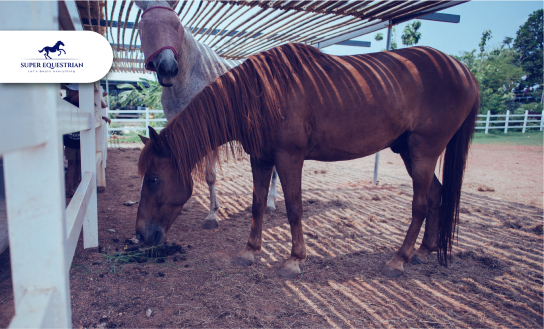
Common Equine Diseases and How ...
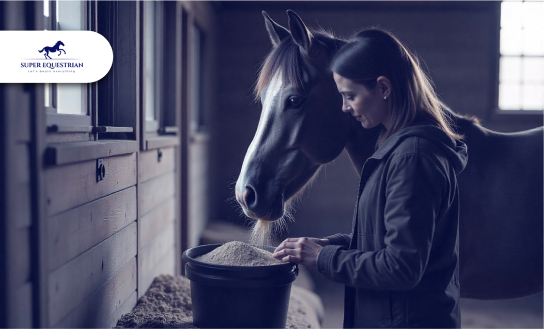
Equine Health Supplements: What Every ...
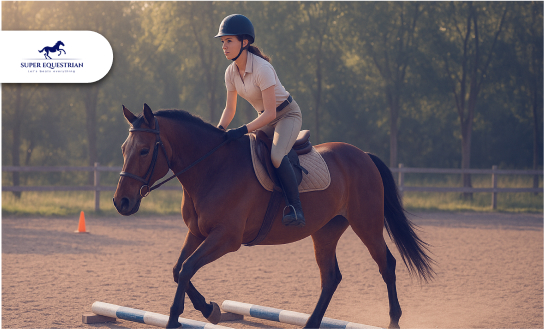
Jumping Basics: How to Prepare ...
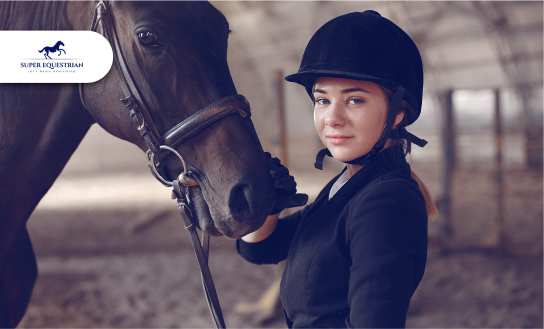
Essential Horse Riding Gear for ...
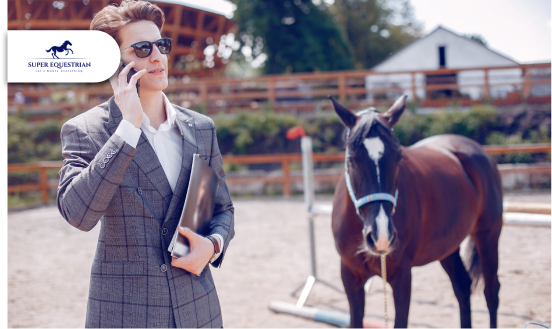
How to Balance Work, Life, ...

How to Balance Work, Life, ...
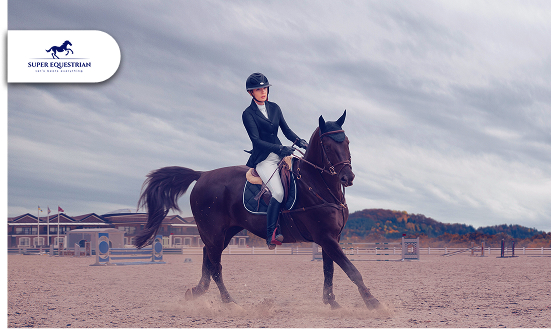
Top 5 Exercises to Improve ...
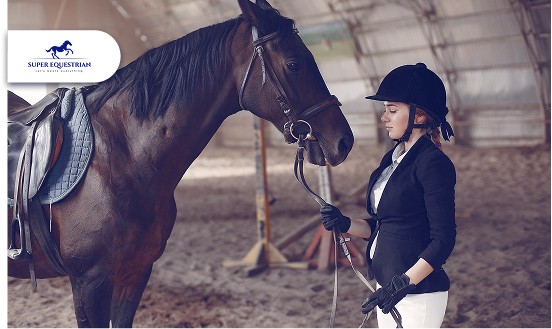
How to Build Confidence as ...
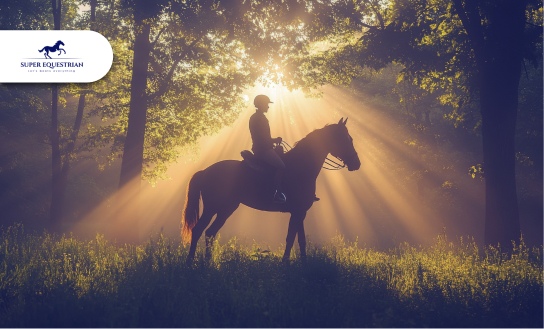
Spotlight on Equestrian Legends: Riders ...

Horse Auctions and Sales...

Top Horse Friendly Travel Destinations ...

How to Build Stronger Bonds ...

Upcoming Horse Shows and Competitions ...
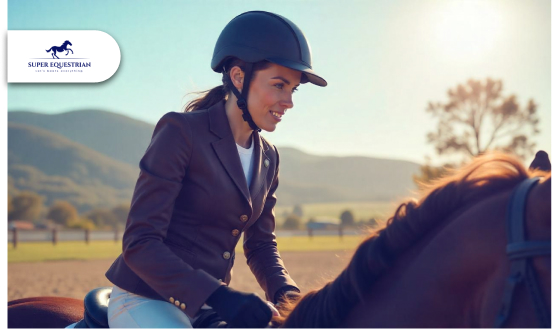
MIPS Equestrian Helmet The Future ...
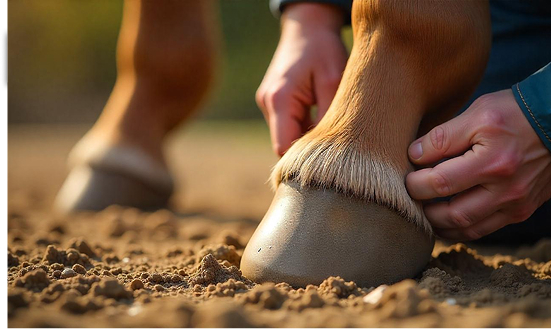
How to Recognize and Treat ...
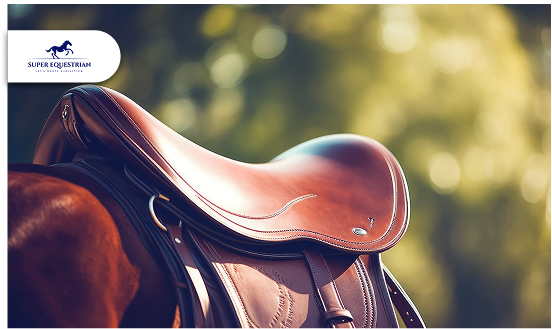
How to Choose the Perfect ...
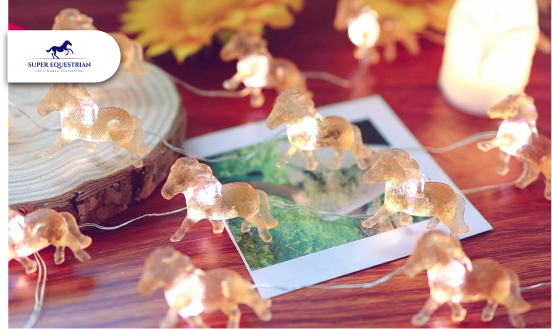
Horse-Themed Gifts Unique Ideas ...
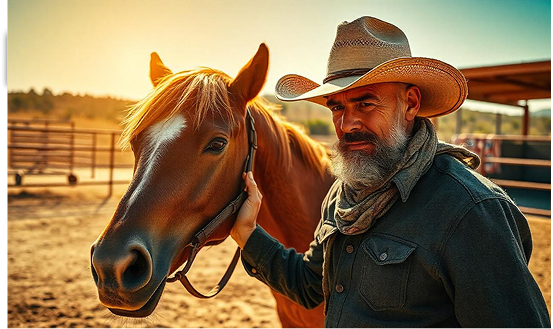
Horse Training Techniques: Creating A ...
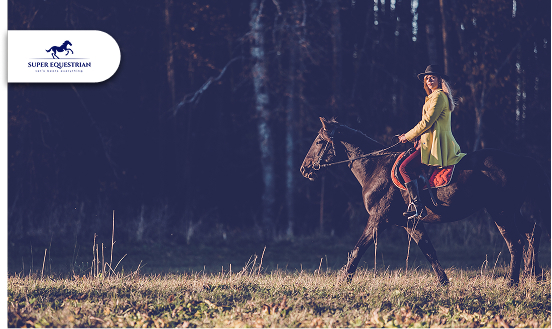
Horseback Riding Lessons – Everything You ...
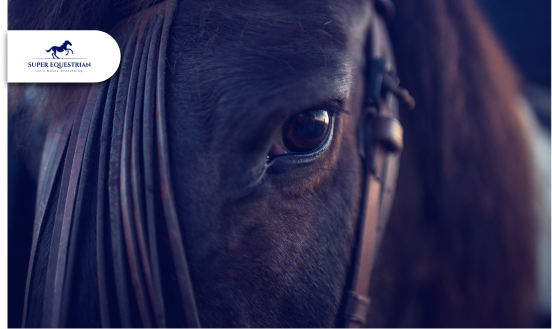
Horse Photography Tips: Learn the ...
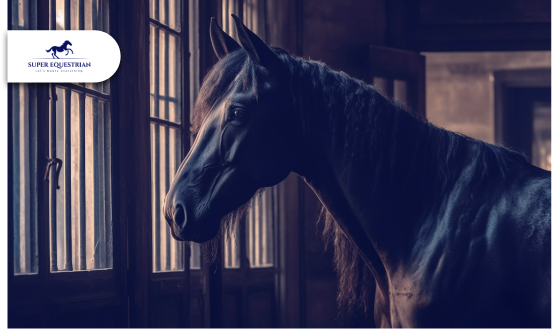
Horse Stable Management: The Quiet ...
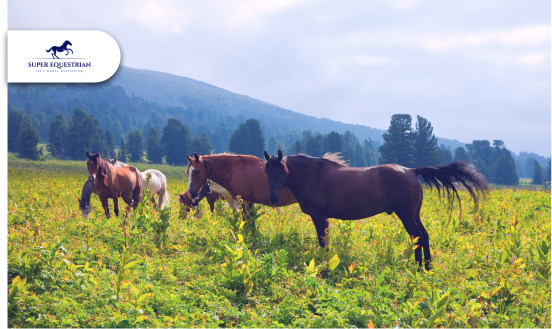
Horse Rescue Organizations: A Profound ...
Horse Racing Events A Look ...
Best Horse Manure Fork Six ...
What Are The Rarest Horses ...
What Does It Mean When ...
Horse Insurance Providers This Is ...

Horse Behaviour and Psychology: Learn ...

How Much Does a Horse ...
.jpg)
Best Monoflap Saddles For Your ...
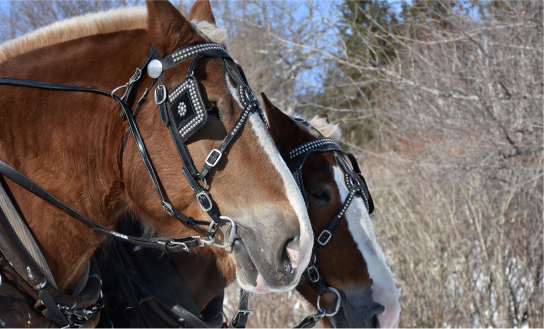
Best Hackamore For Barrel Racing...
.jpg)
Best Barrel Racing Reins Top ...
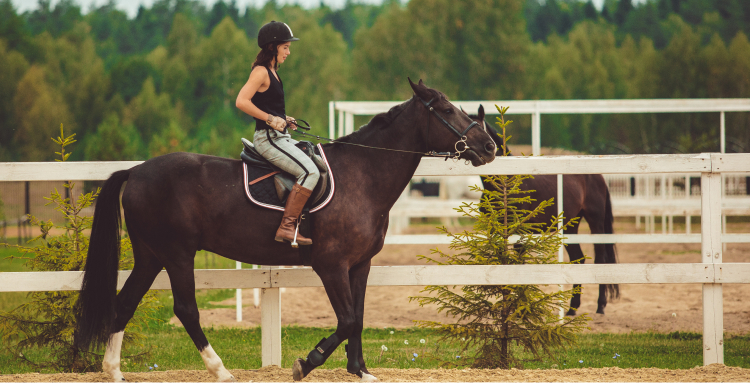
Horse Anatomy And Physiology: Facts ...
.jpg)
Best Stirrups For Ankle Pain - ...
.jpg)
Horse Care Tips and Tricks: ...
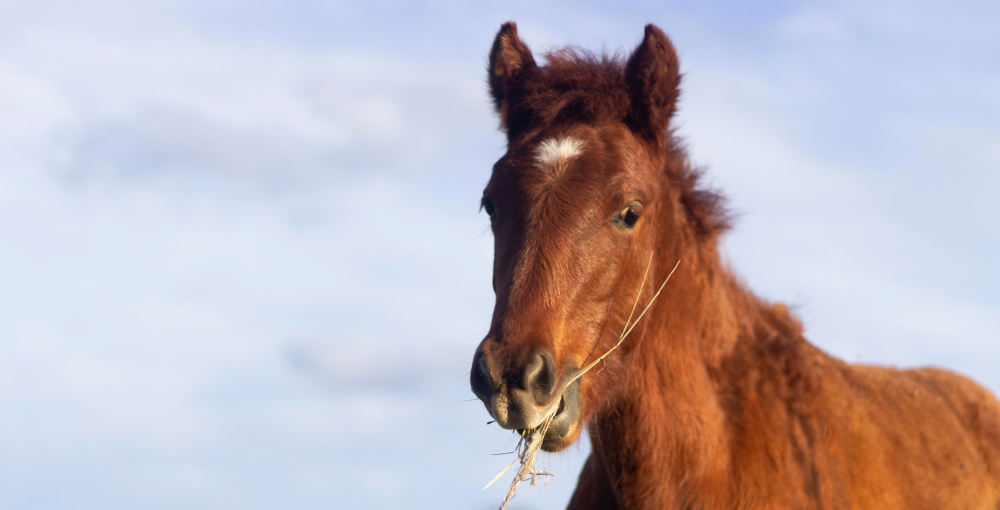
What Do Wild Horses Eat- ...
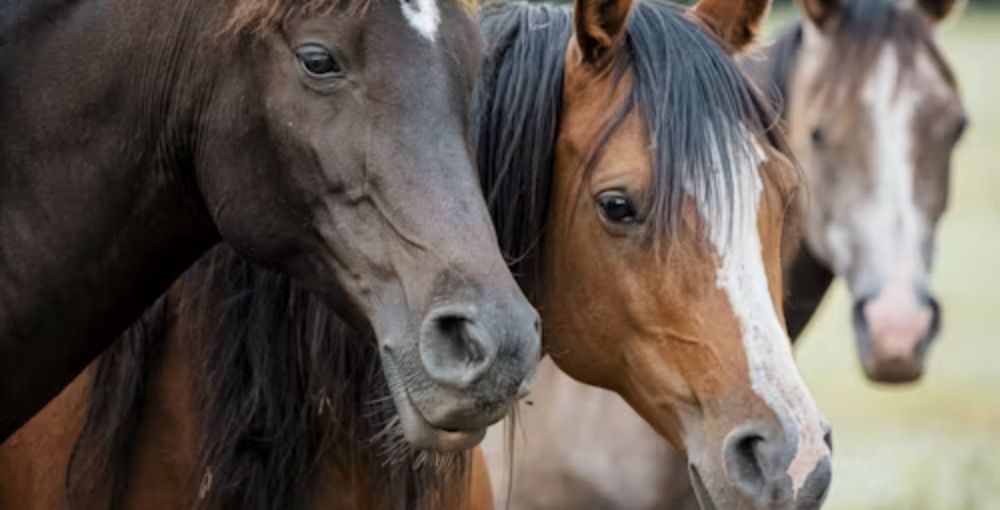
Horse Breeds and Characteristics: How ...
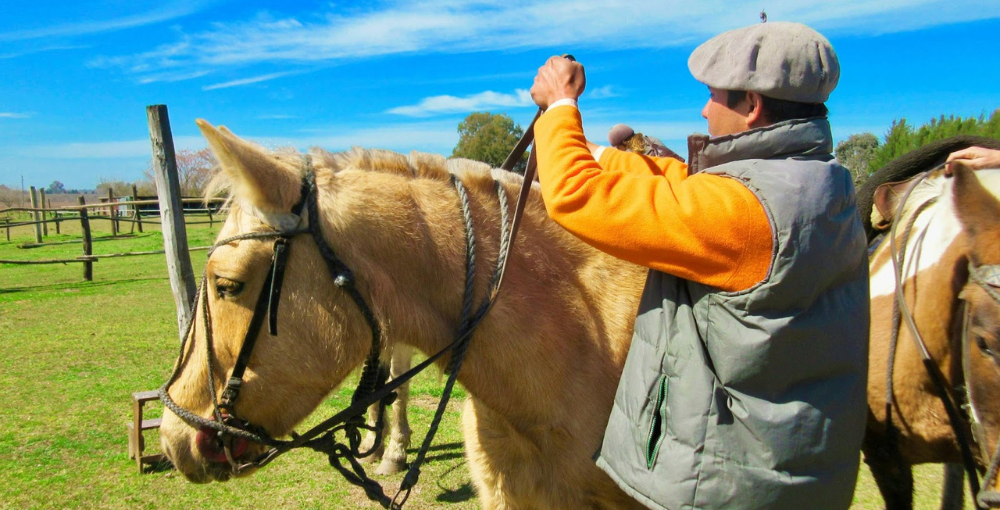
Best Barrel Racing Reins - Top ...

Horse Breeds and Characteristics: How ...
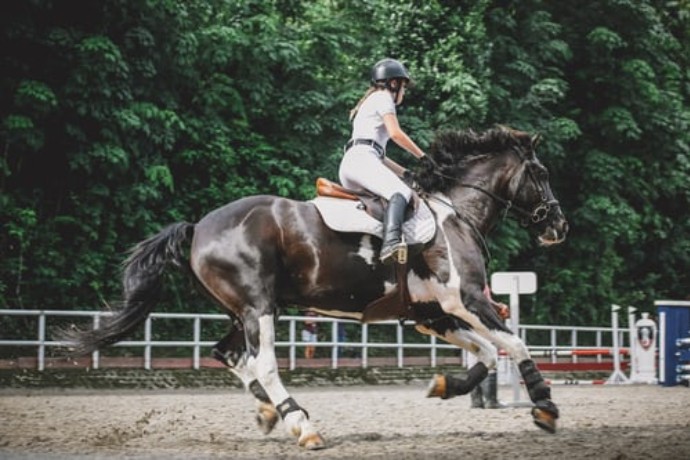
Best Breeches For Curvy Riders...
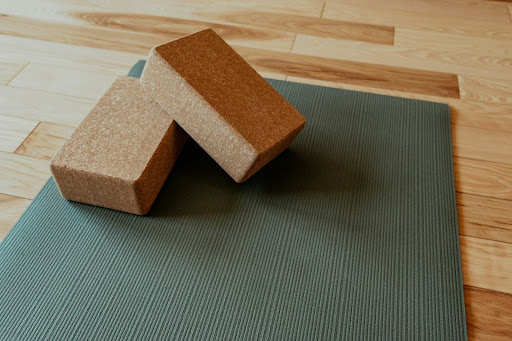
Best Stall Mats For Horses - ...

Best Horse Brushes ( A Thread ...

Best Saddle Rack ( Keep Your ...

Best Bit For Training a ...
.jpg)
10 Morgan Horse Show Held ...
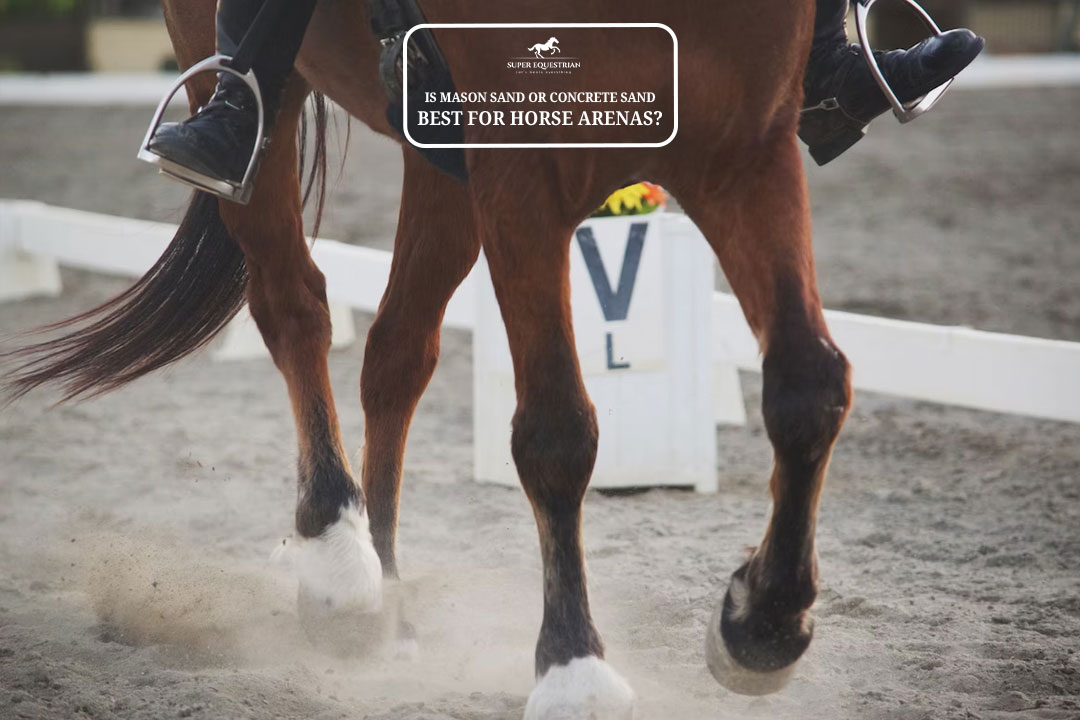
Is Mason Sand Or Concrete ...
.jpg)
Best Girth For Your Horse ...
.jpg)
Ranch Cutter vs Cowhorse Saddle? ...
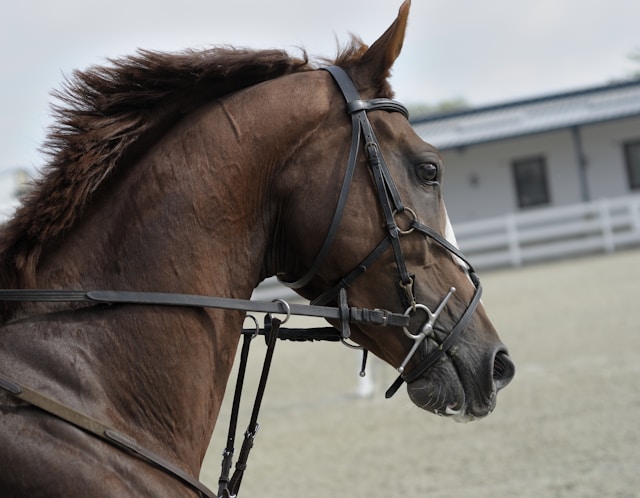
Types of Horse Bit and ...
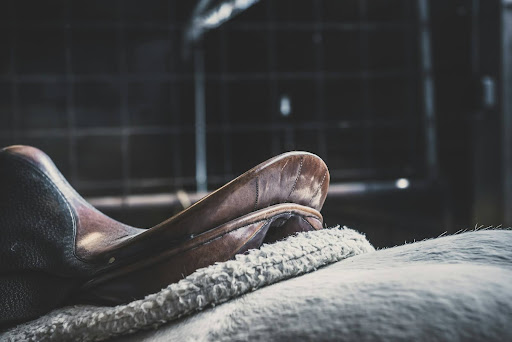
Is Hilason a Good Saddle ...
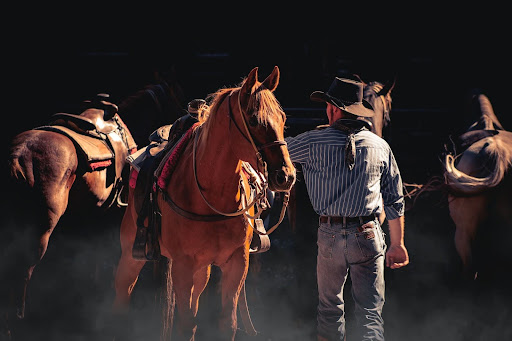
How to choose a bit ...
.jpg)
Best Salt Blocks For Horses...
.jpg)
Types of Horse Brushes (Equine ...
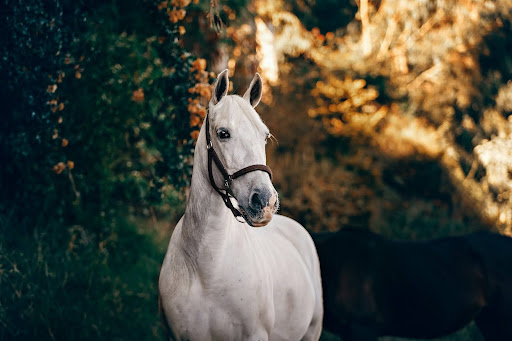
How To Get a Horse ...
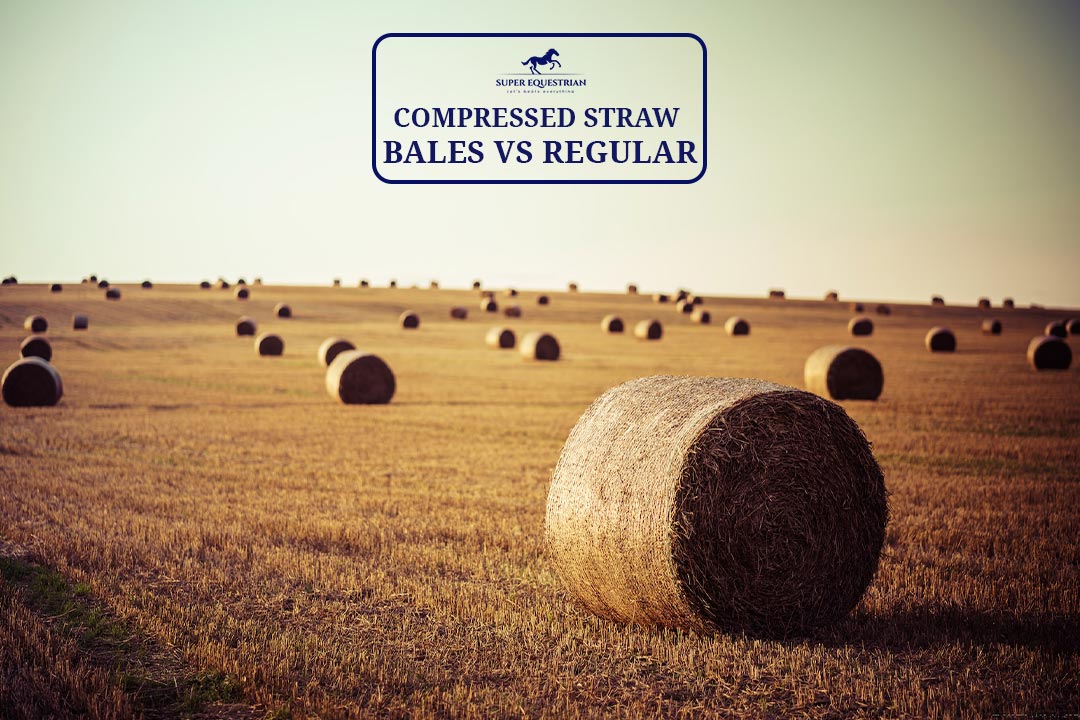
Compressed Straw Bales Vs Regular? ...
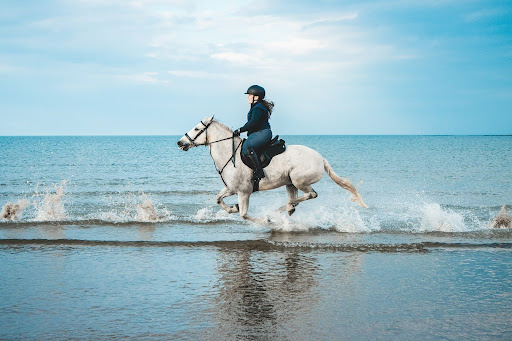
Horse Riding Lessons For Intermediate ...
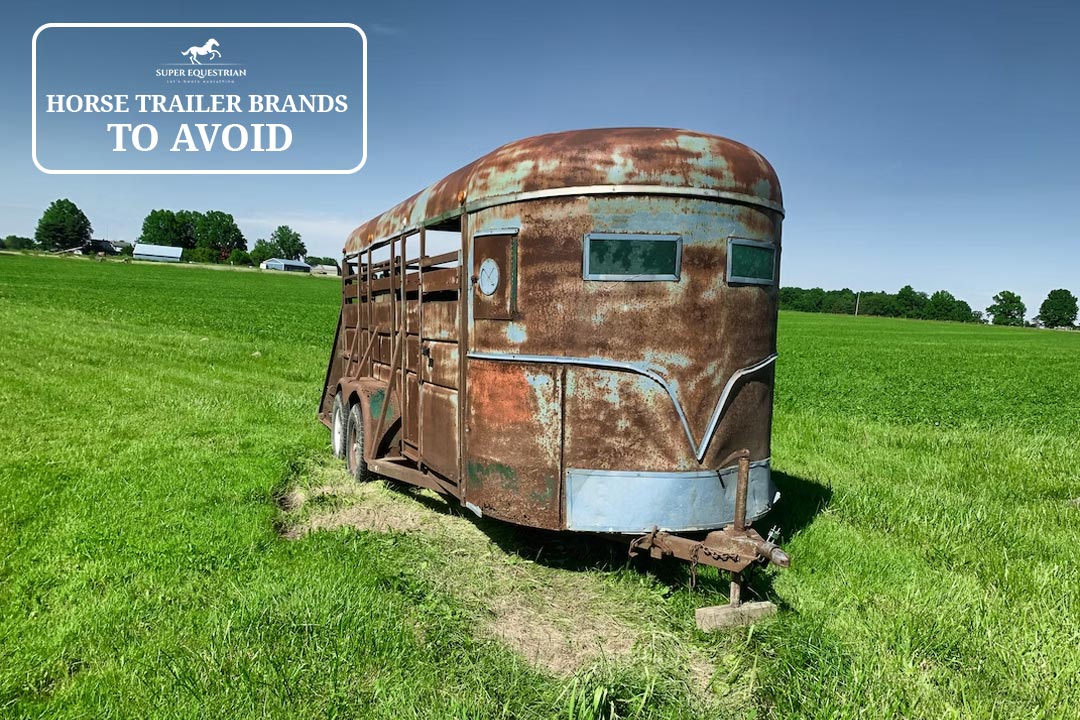
Horse Trailer Brands To Avoid...

Strawberry Roan vs Red Roan? ...
.jpg)
Gelding vs Stallion...
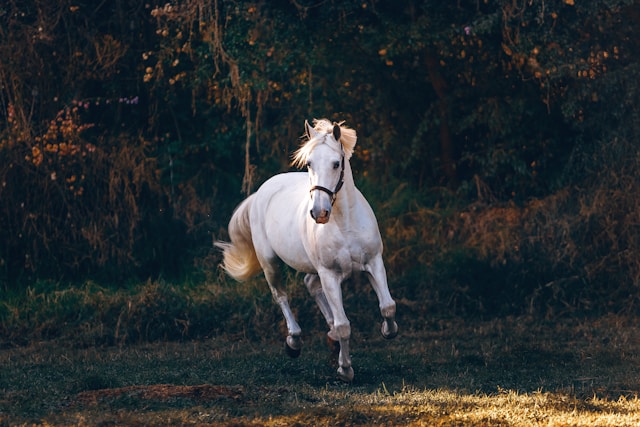
Why Does a Horse Whinny? ...
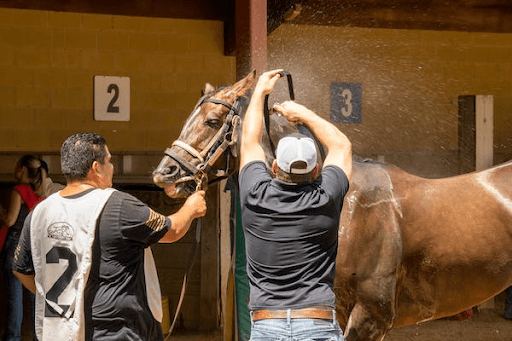
How to Clean a Rusty ...
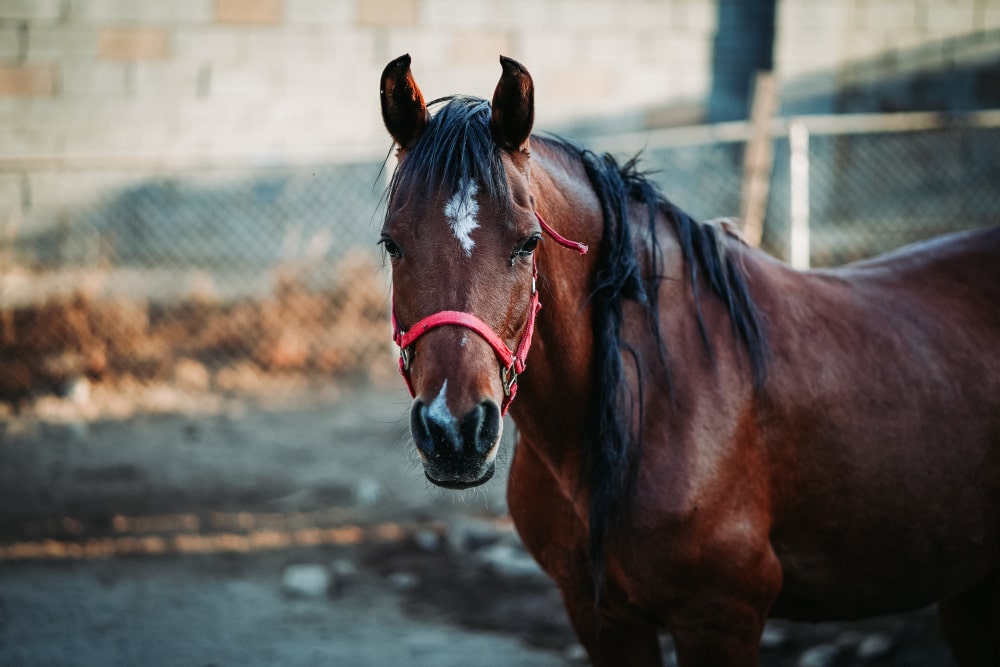
Why Do Horses Foam at ...
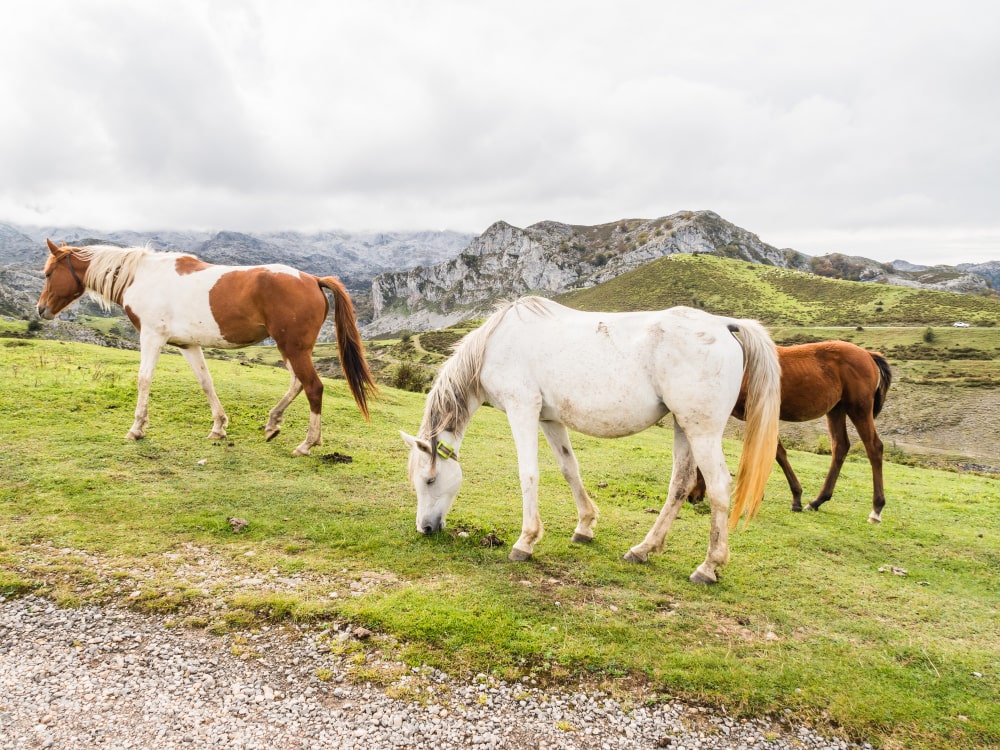
Why Do Horses Bob Their ...

Nutrition Unveiled: Triple Crown Senior ...
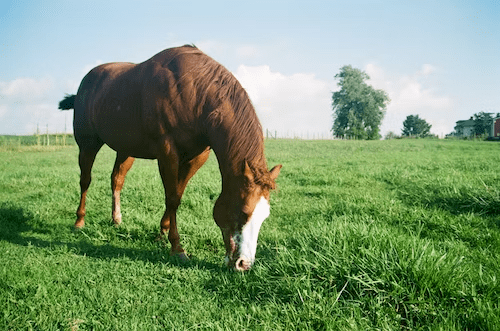
Pasture Pro Vs. Grazon: Horse-...
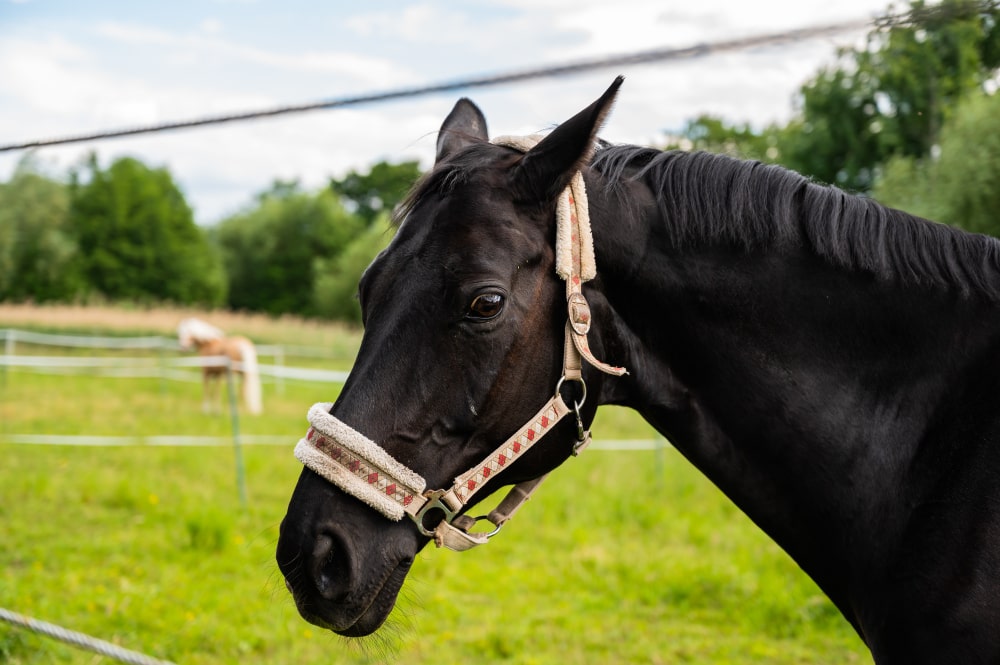
Dutch Gag Vs. Pelham: Bits ...
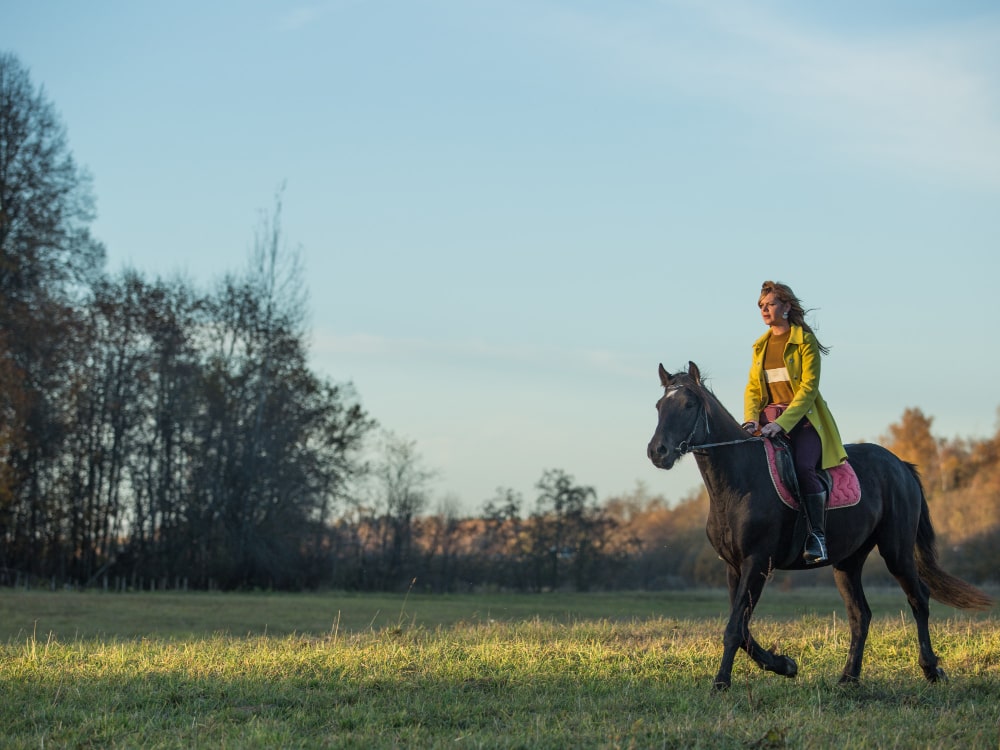
Walking Horse vs Racking Horse: ...
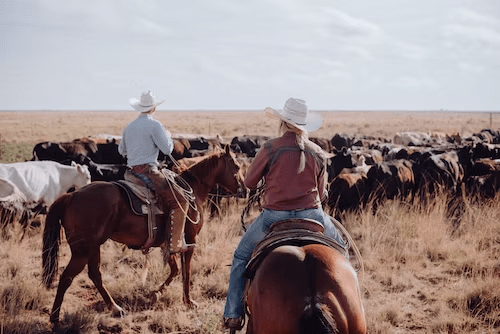
Wade vs Association Saddle: Your ...
.jpg)
Step Up vs Ramp Horse ...

Bosal vs Hackamore: A Head-...
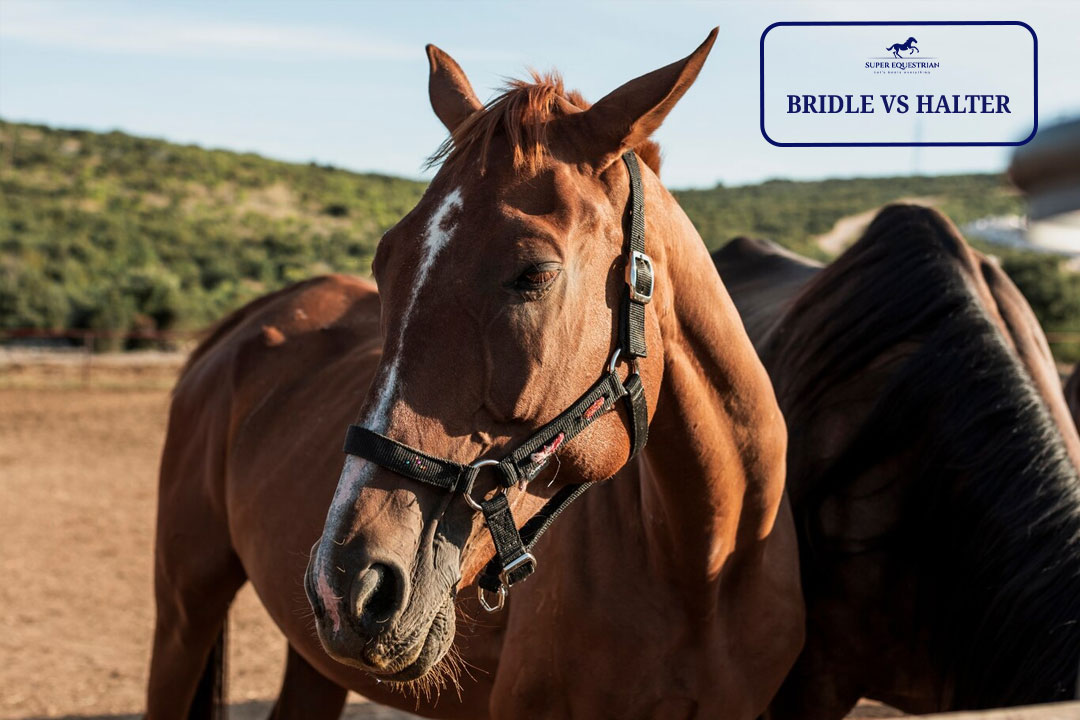
Bridle Vs Halter: Which One ...

Paddock Boots Vs Riding Boots: ...

Shadow Horse Trailer Problems: Causes, ...
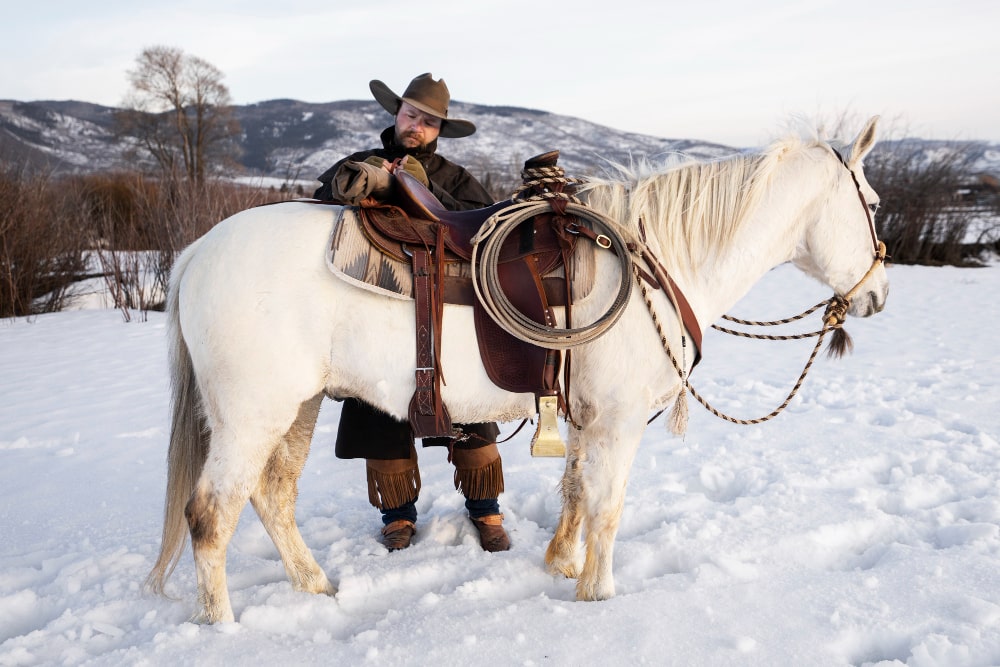
Are Billy Cook Saddles Good - ...

Let's Start at the ...
Benefits of Beet Pulp for ...
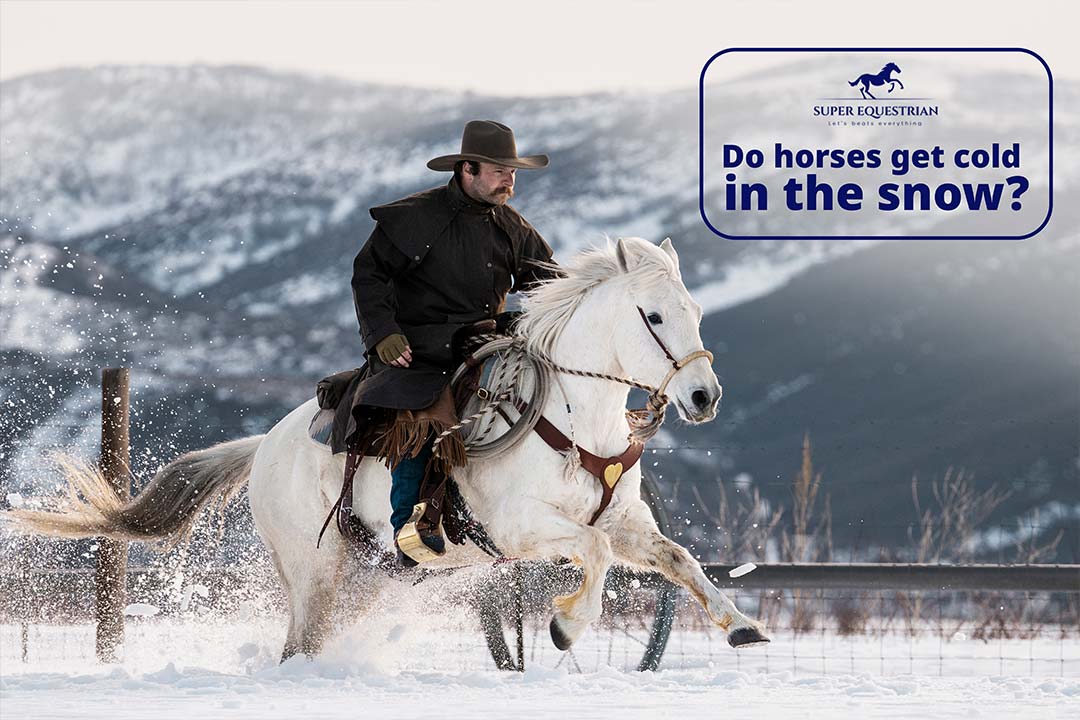
Do horses get cold in ...
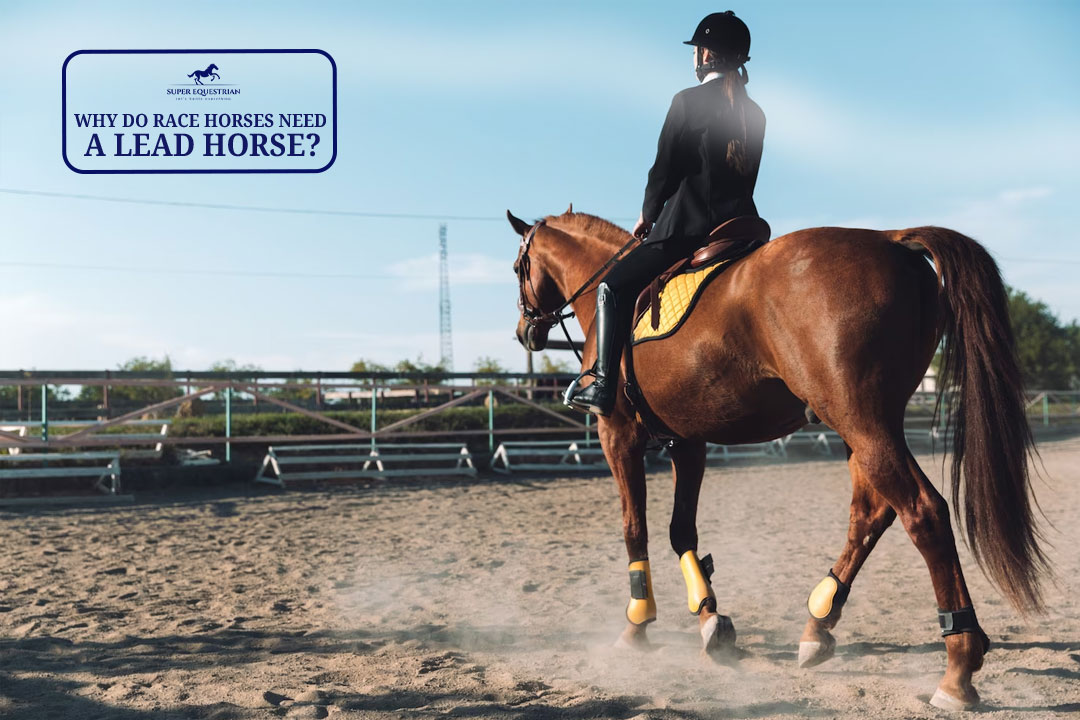
Why Do Race Horses Need ...
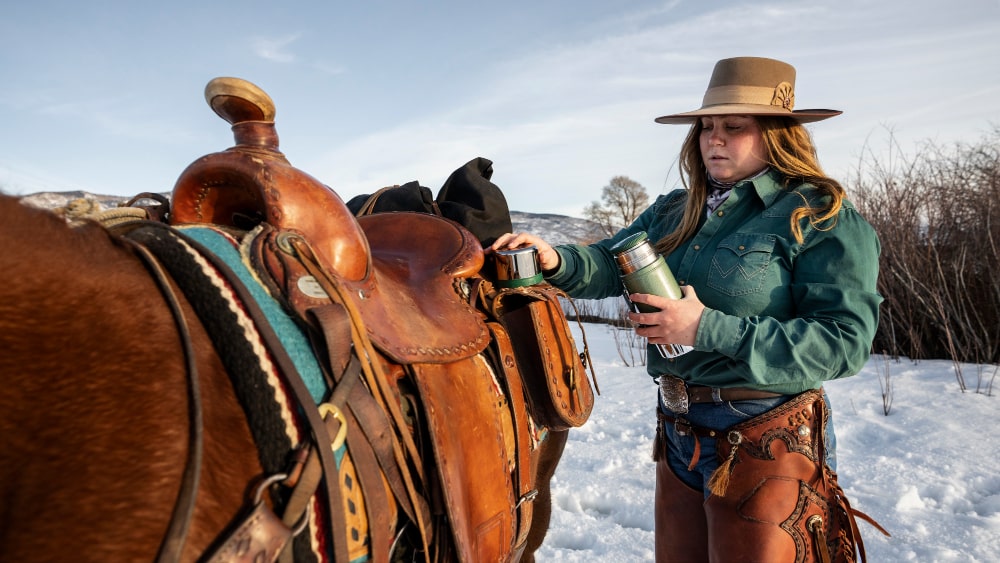
Ranch Saddle vs. Roping Saddle: ...

Round Pen vs Square Pen ...

Must Have Horse Trailer Accessories: ...
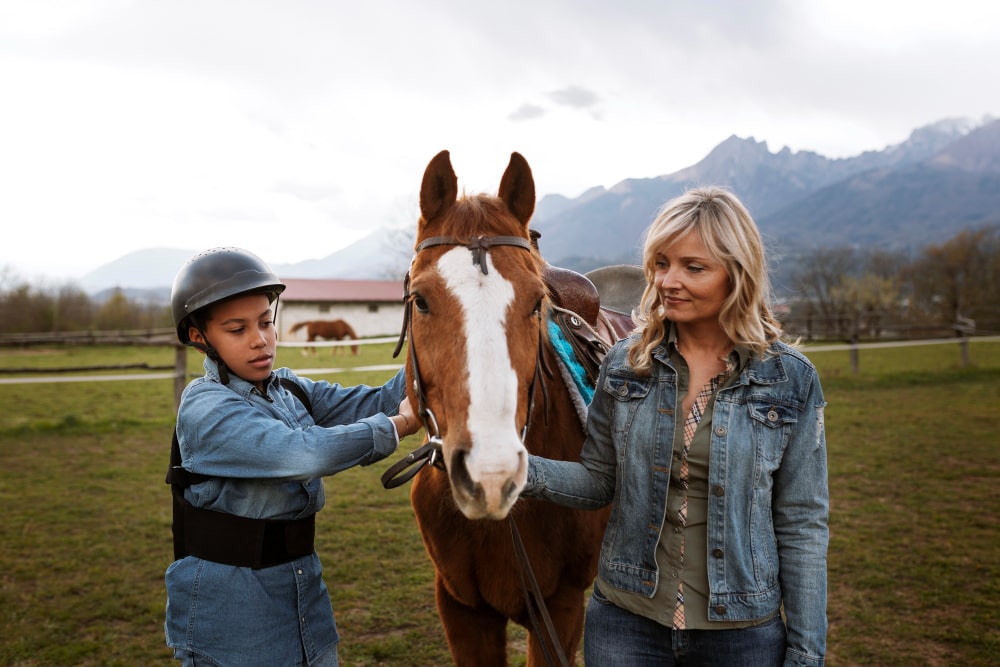
Is MIPS Worth for Equestrian?...
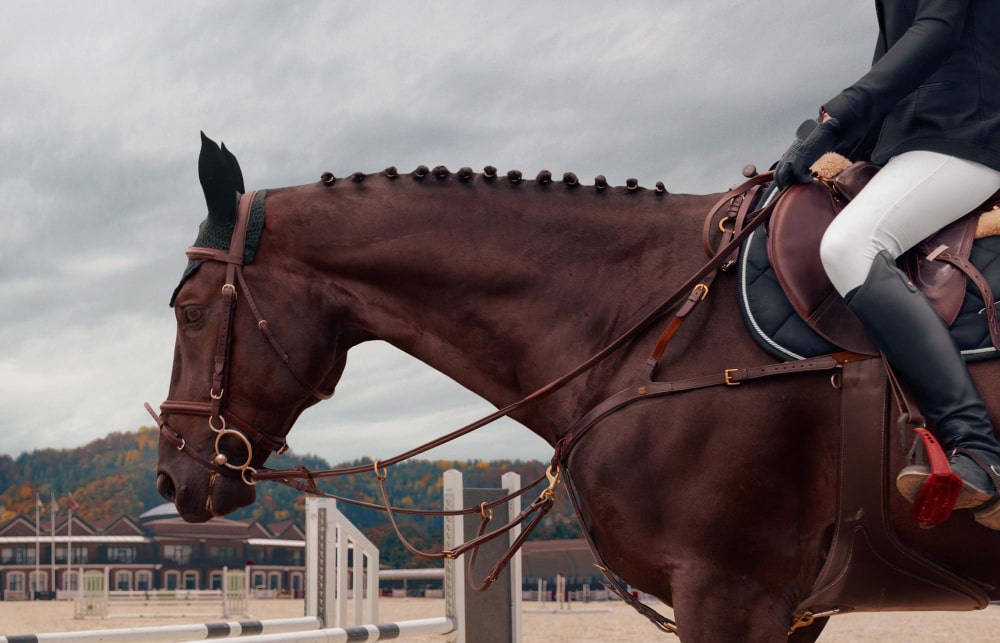
Natural Horsemanship vs Positive Reinforcement: ...

How to Mount a Horse ...
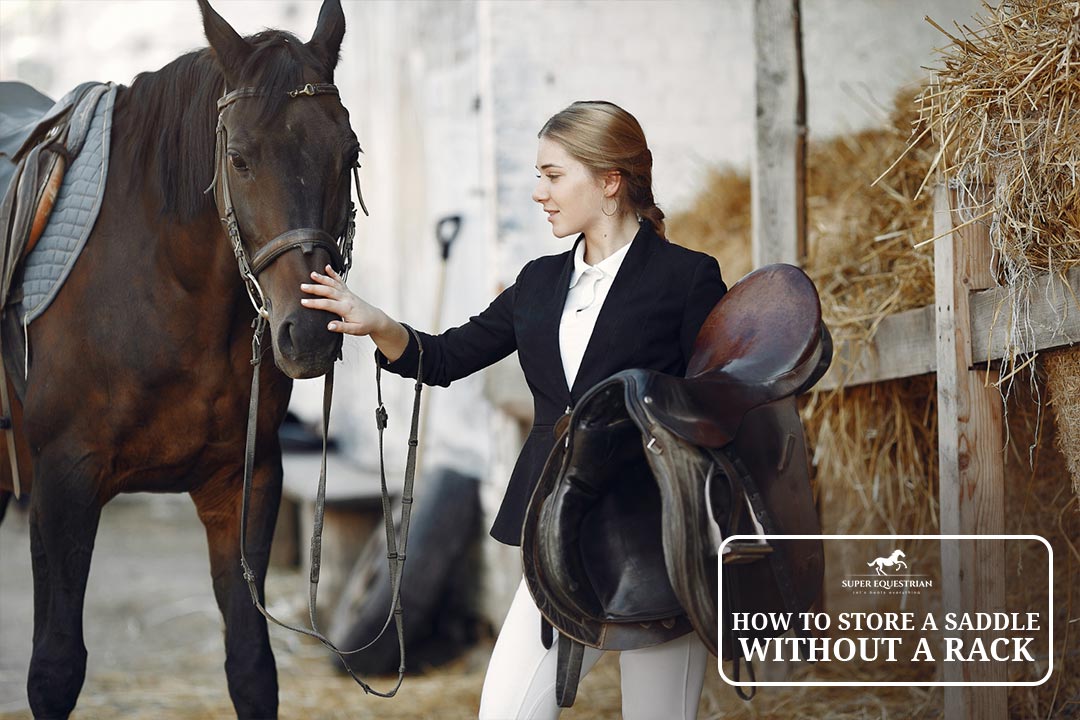
How to Store a Saddle ...
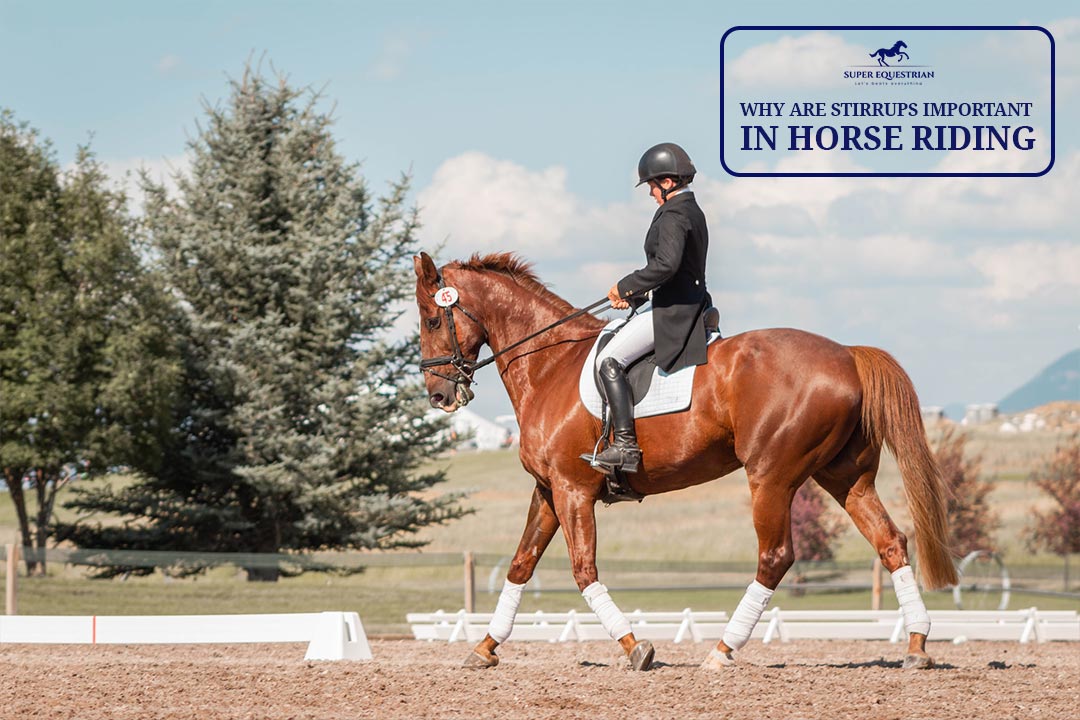
Why are Stirrups Important in ...
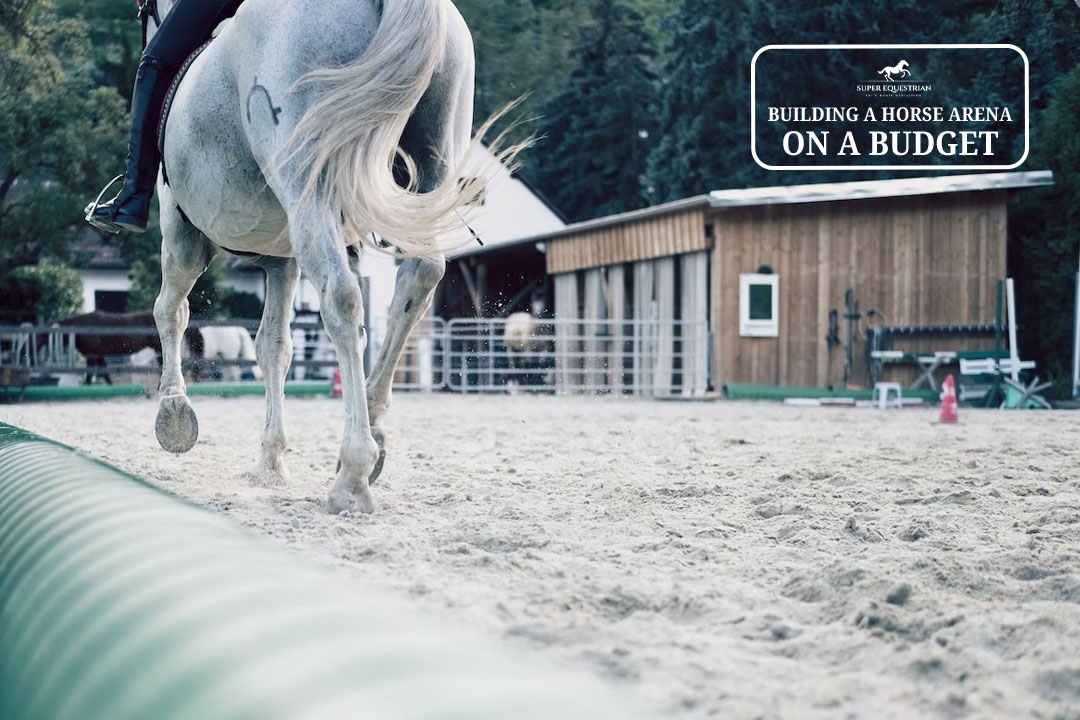
Building a Horse Arena on ...

How to Make Horse Treats ...

Order of Grooming a Horse...

Horse Riding Lessons Plan: The ...

Horse Trailer Roof Replacement and ...
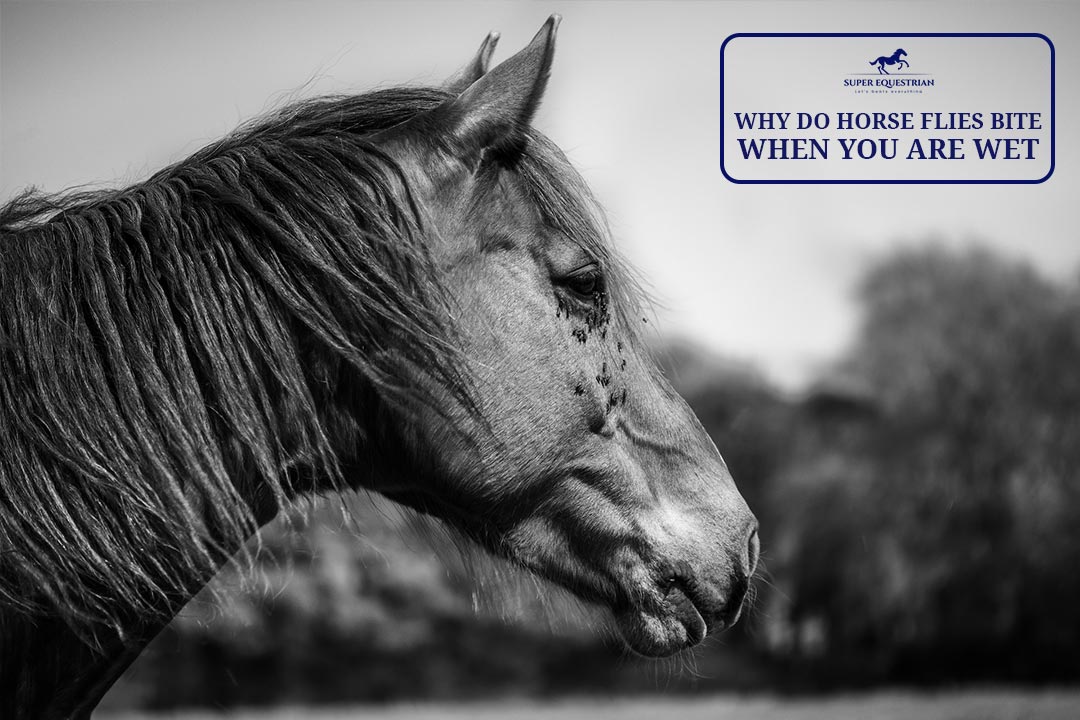
Why Do Horse Flies Bite ...
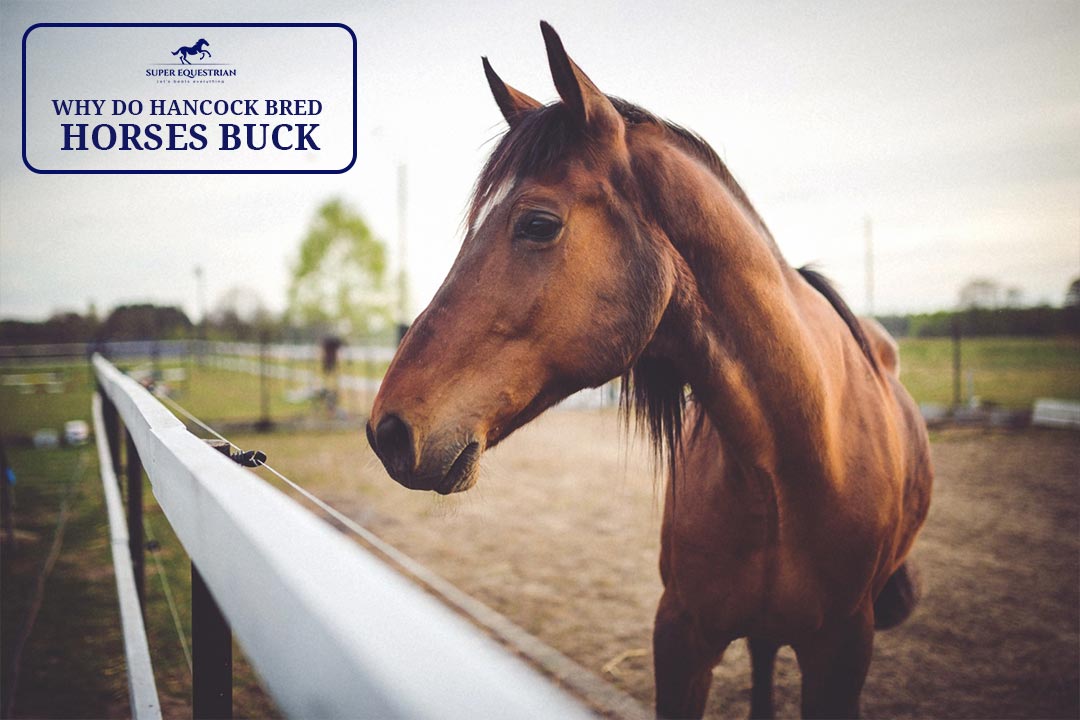
Why Do Hancock Bred Horses ...

Quarter Horse Bloodlines to Avoid...
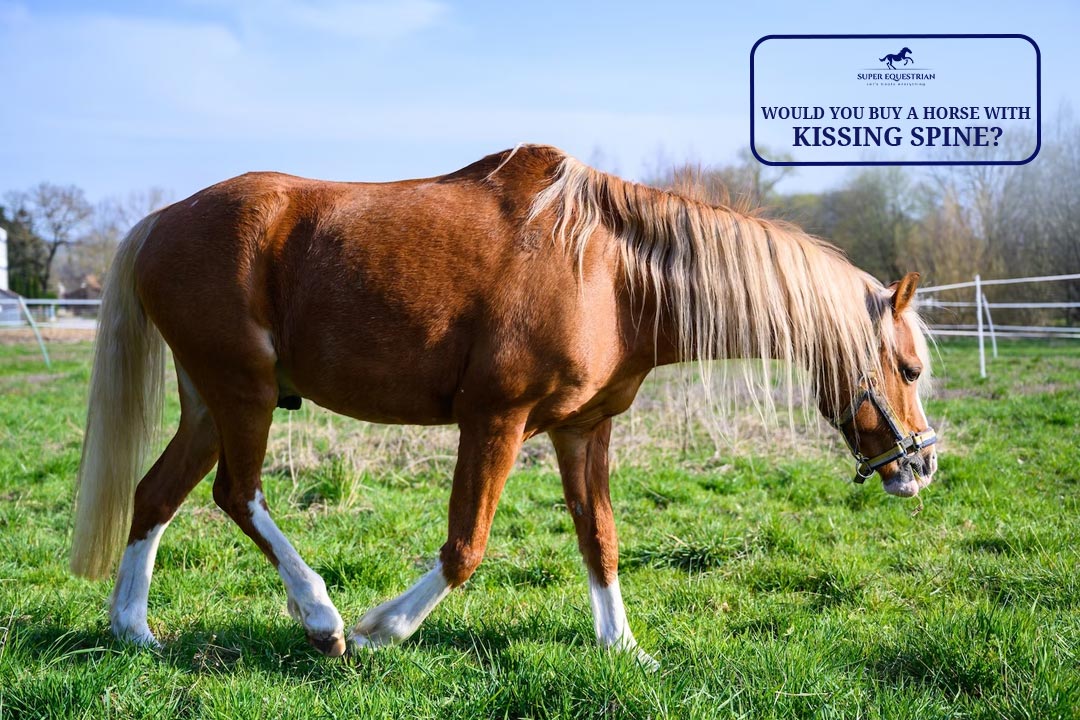
Would You Buy a Horse ...
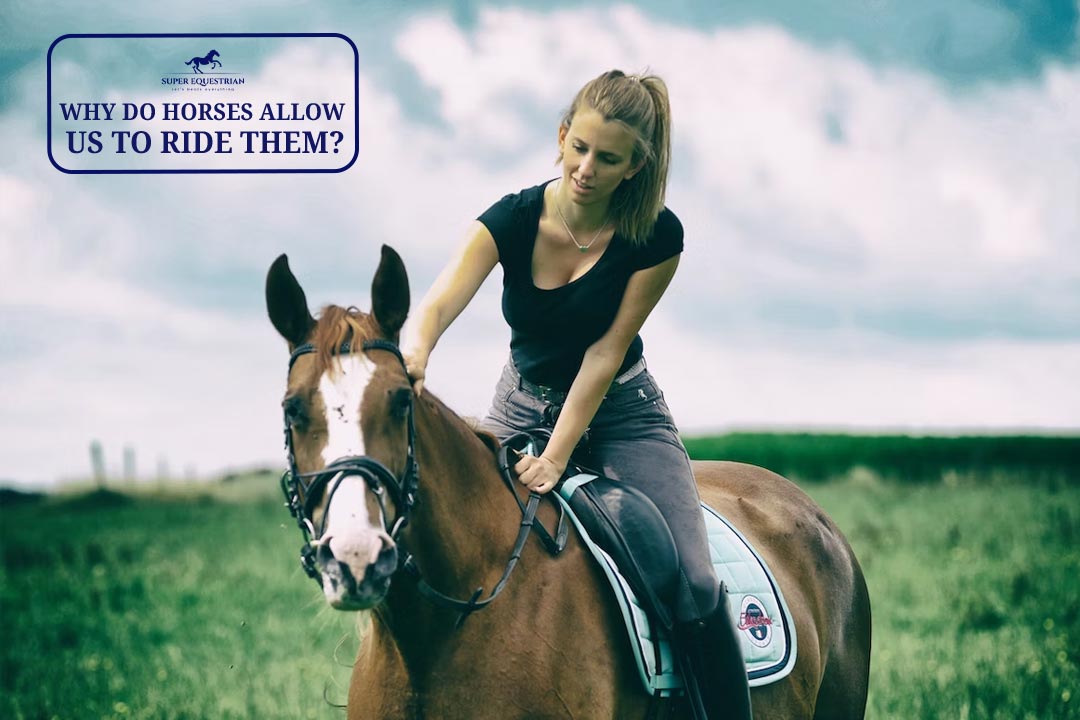
Why Do Horses Allow Us ...
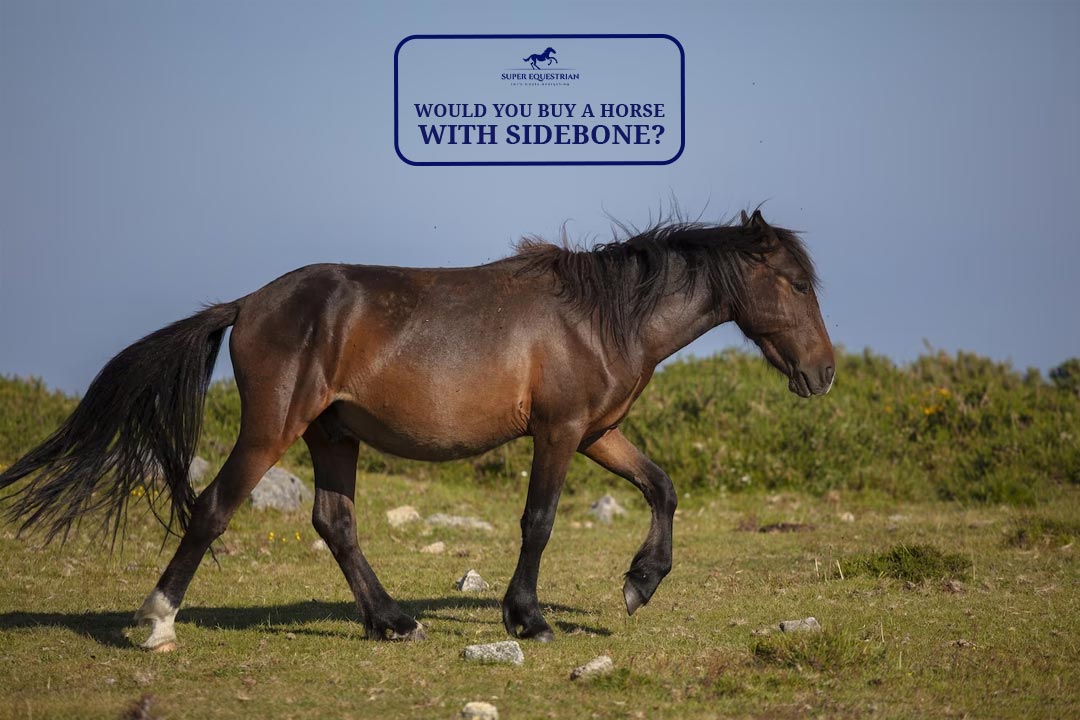
Would you buy a horse ...

Why Are Klapper Bits So ...
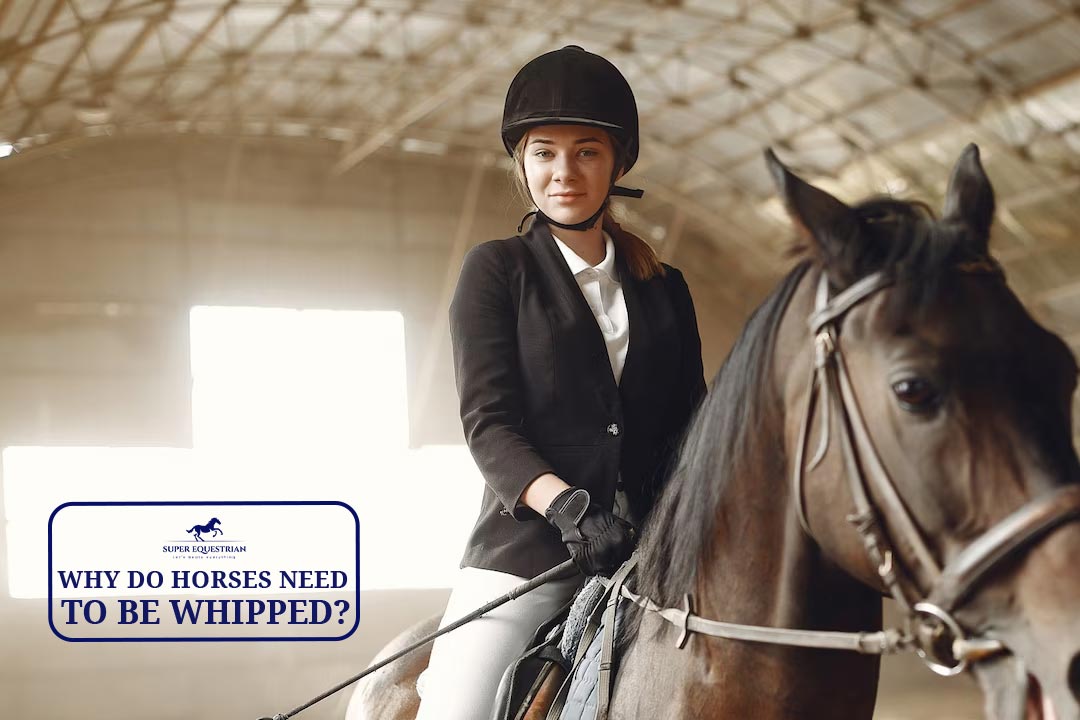
Why do horses need to ...

Why do you mount a ...
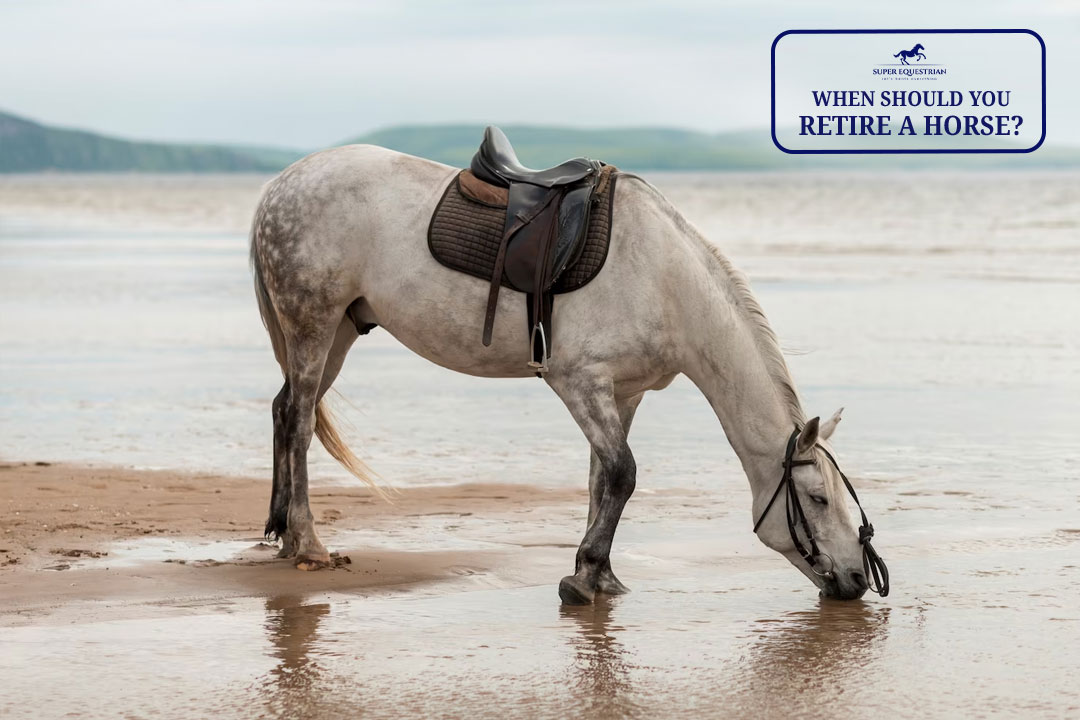
When Should You Retire A ...
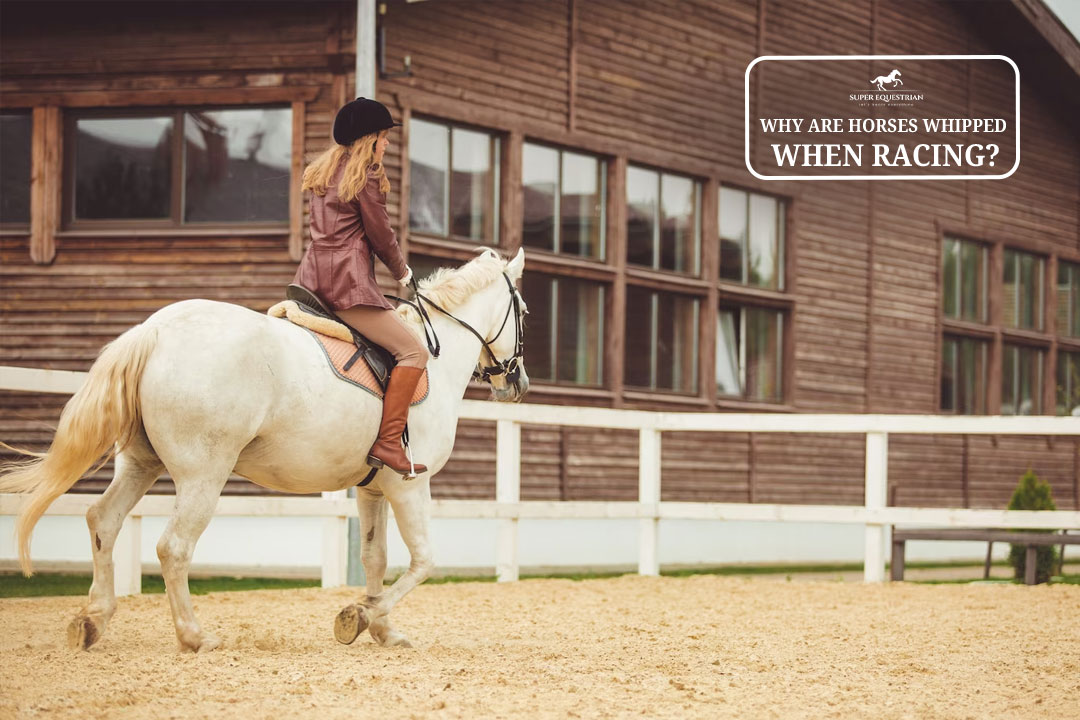
Why Are Horses Whipped When ...
.jpg)
Why Do Horses Have A ...
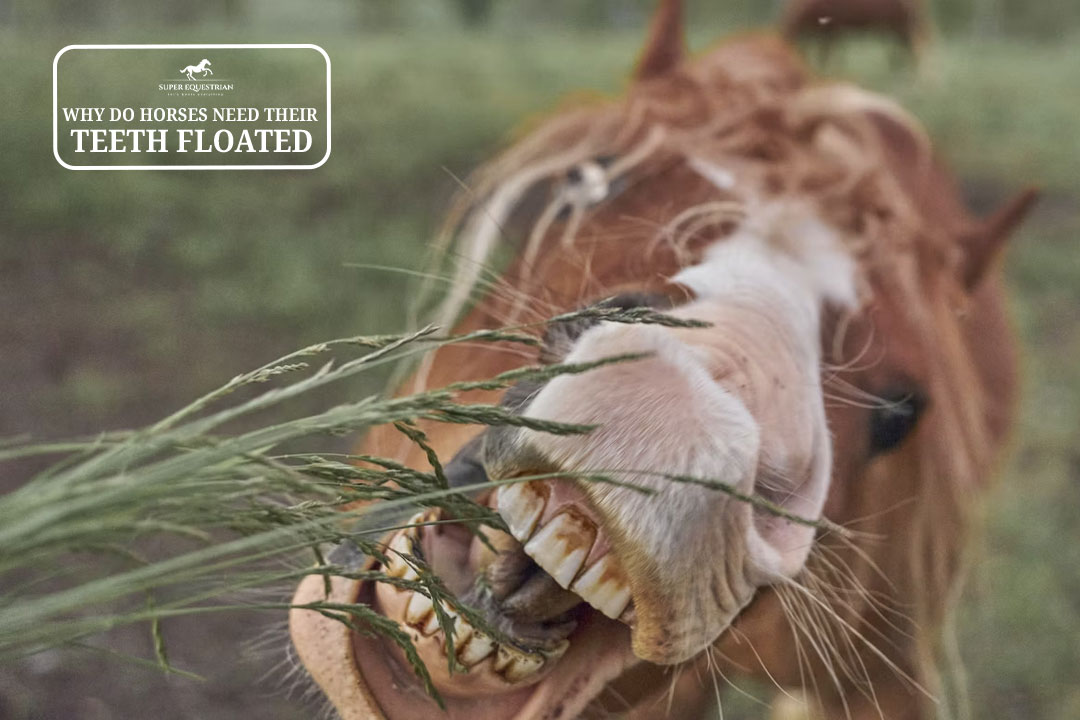
Why Do Horses Need Their ...

What To Do If Horse ...

What To Do If A ...
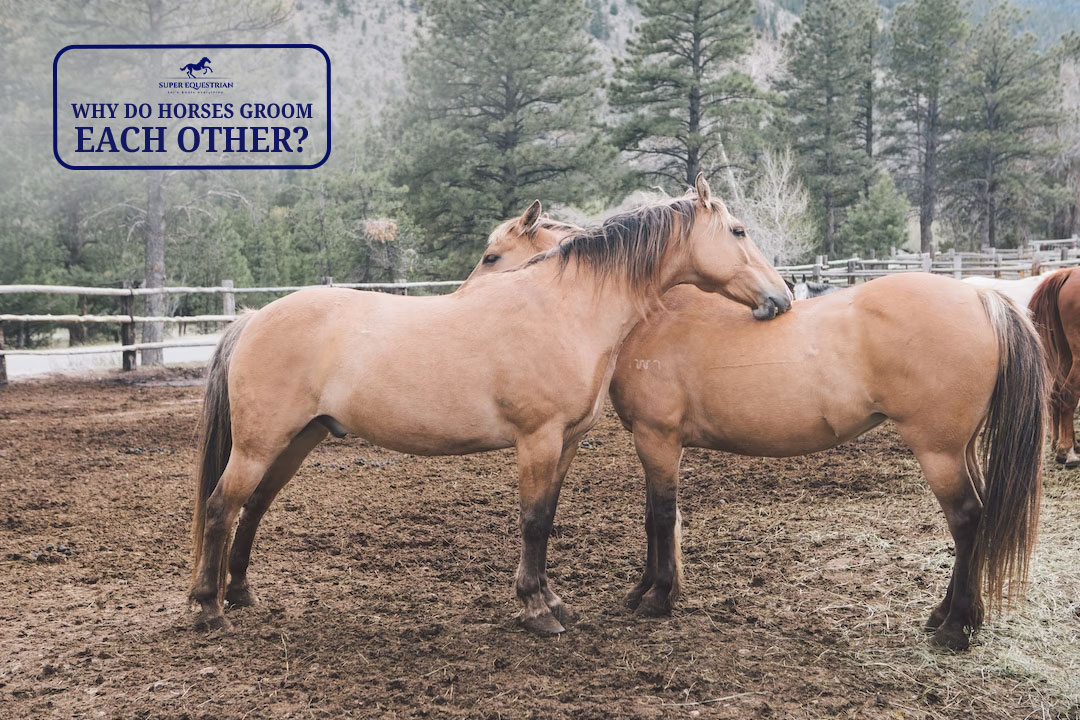
Why do horses groom each ...
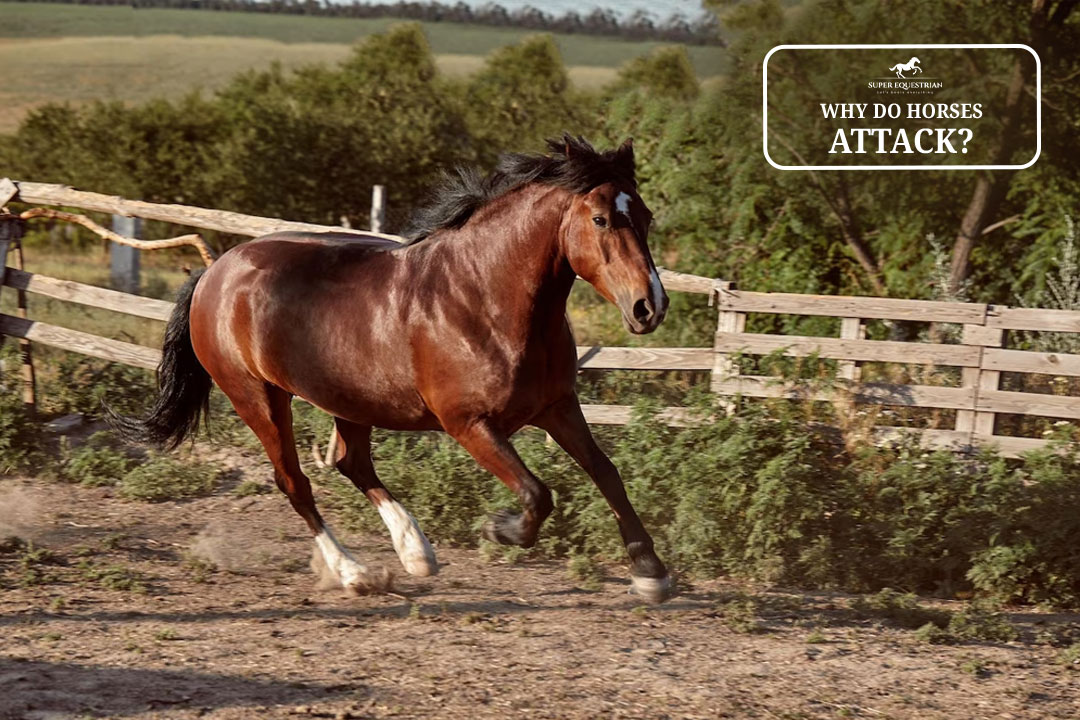
Why do horses attack...

Should I Use a Martingale ...

How to fit bell boots ...
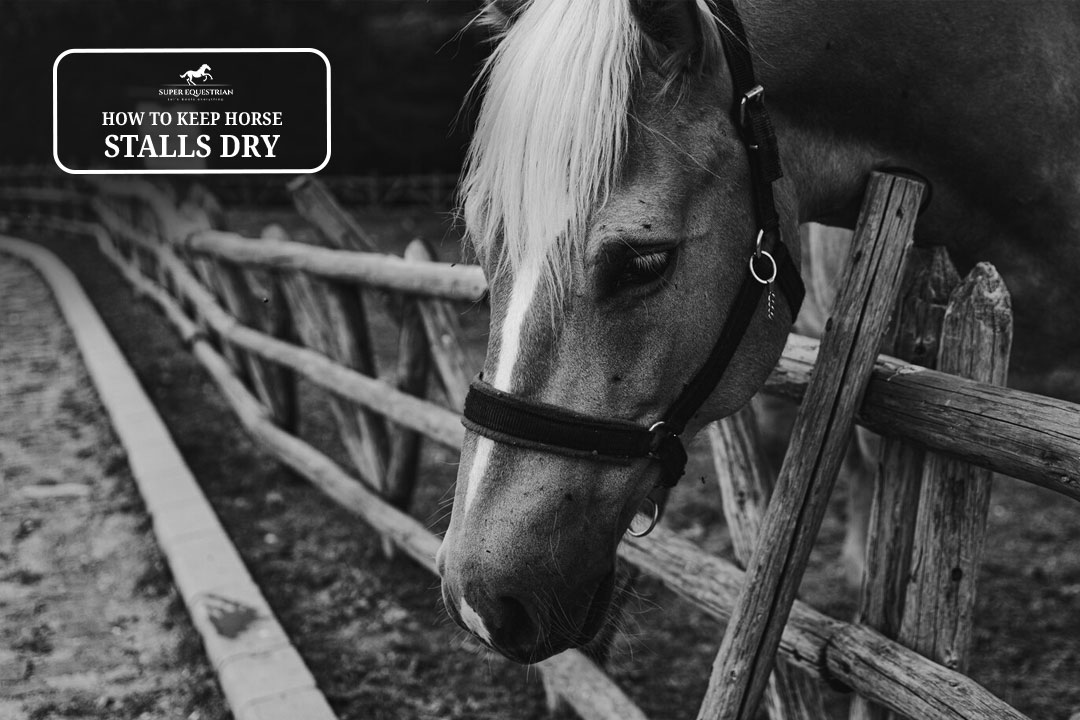
How To Keep Horse Stalls ...
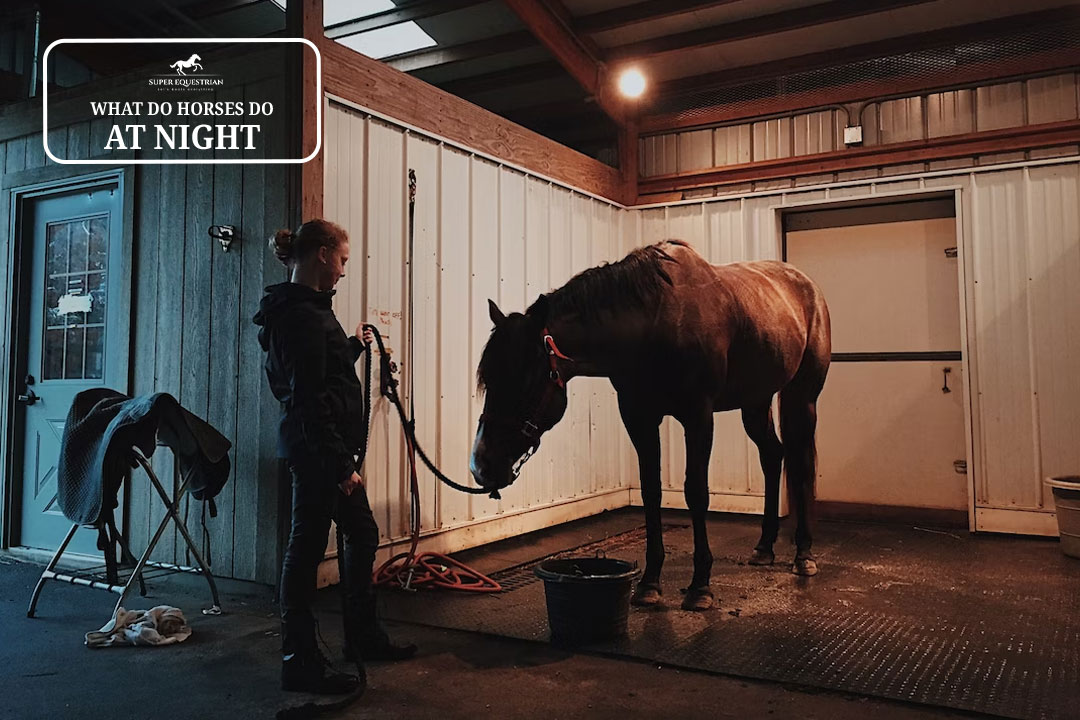
What Do Horses Do At ...
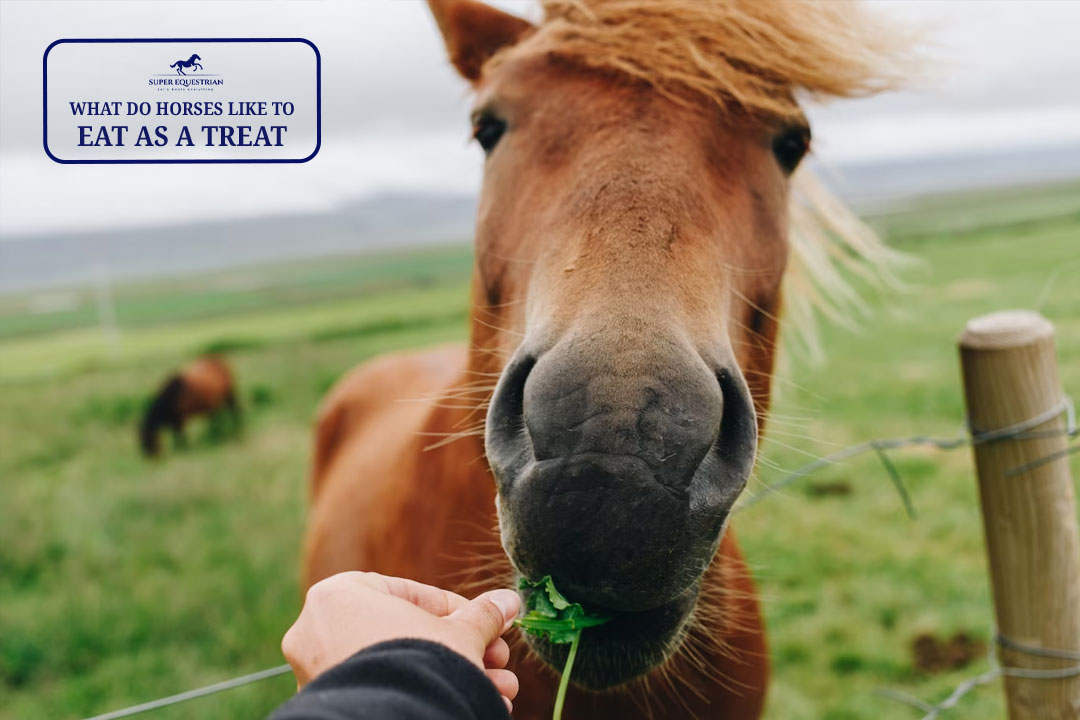
What do horses like to ...

Why do wild horses get ...
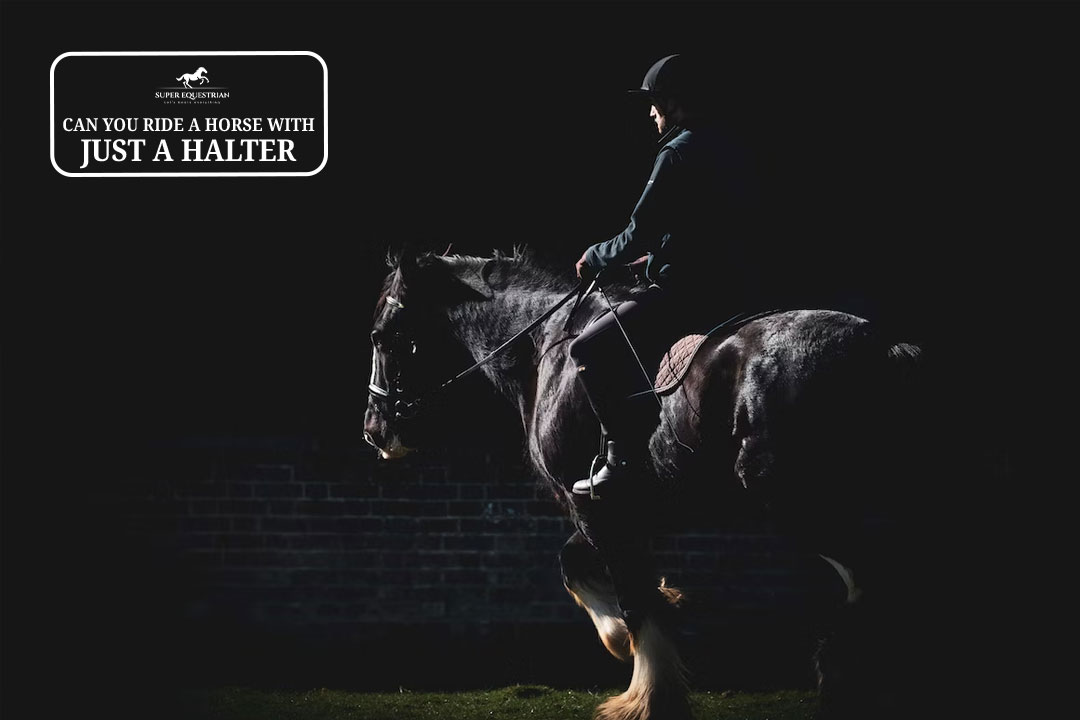
Can you ride a horse ...

Are horses protective of their ...
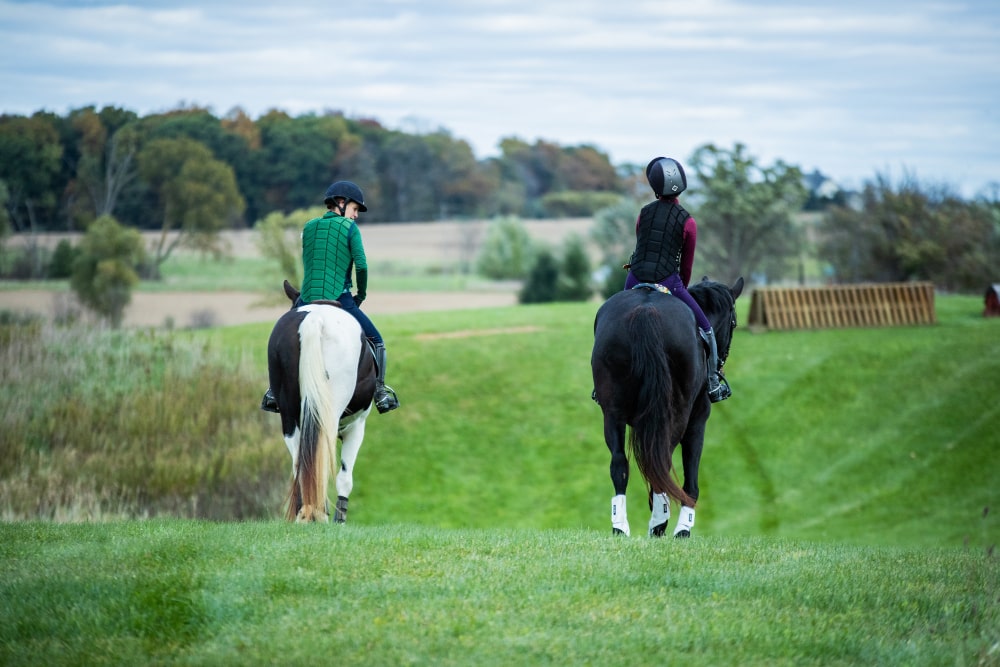
Why racking horses are popular ...
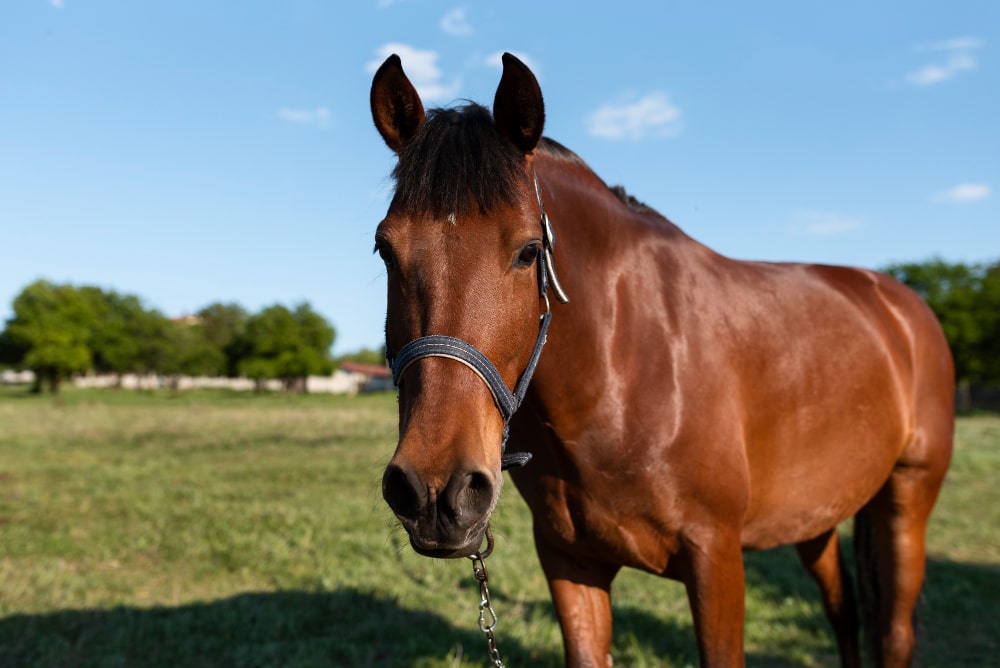
How To Keep Horses Off ...
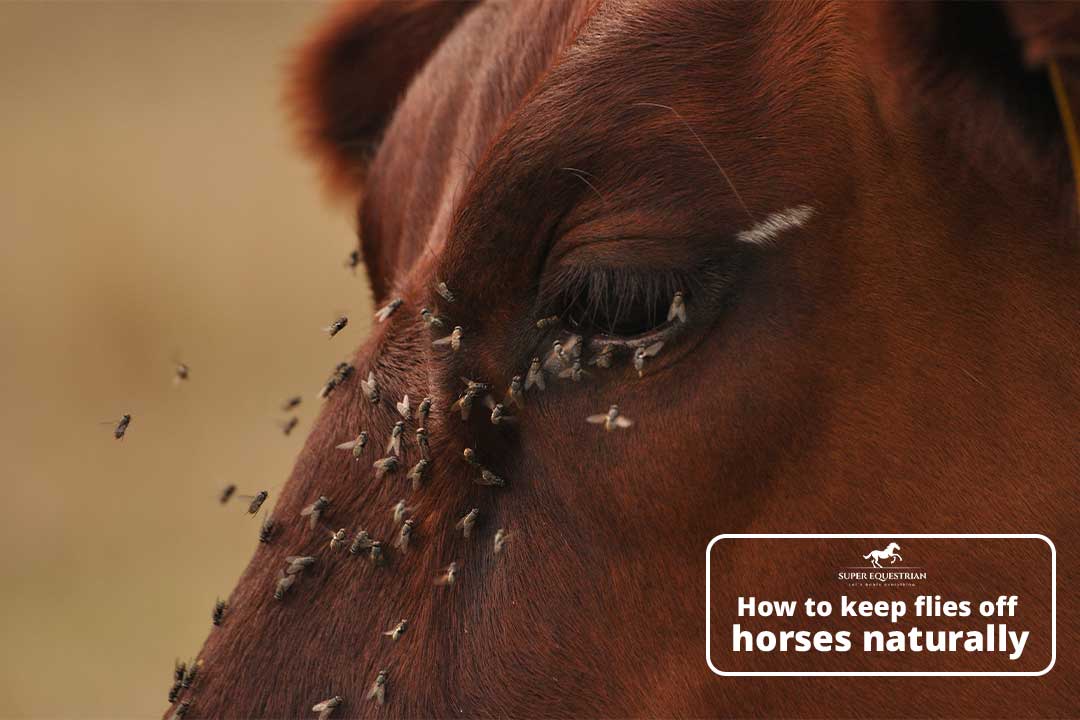
How to Keep Flies Off ...
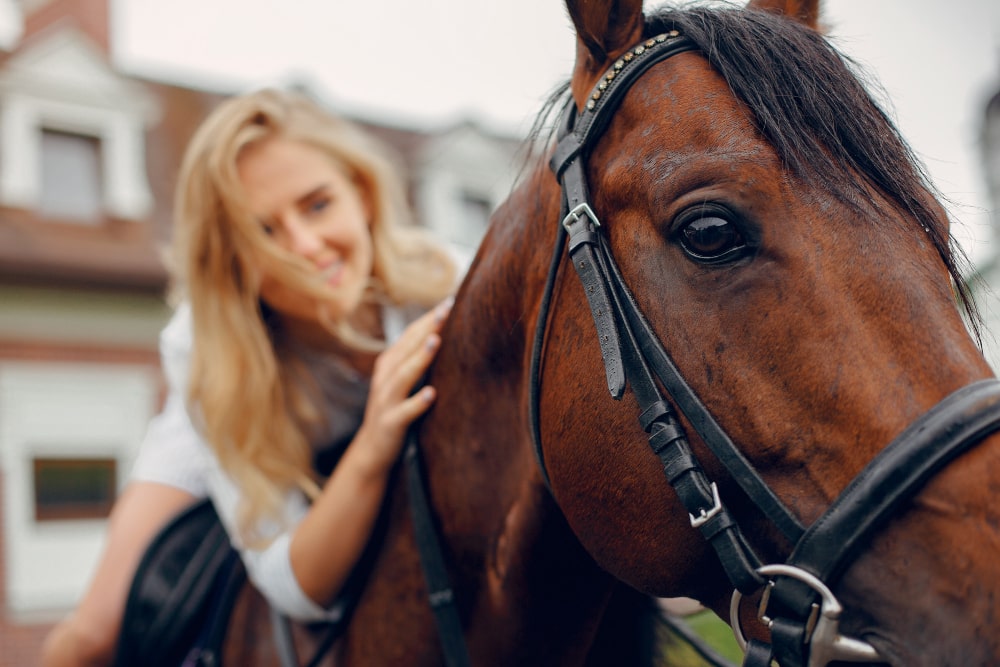
Pros and Cons Using A ...
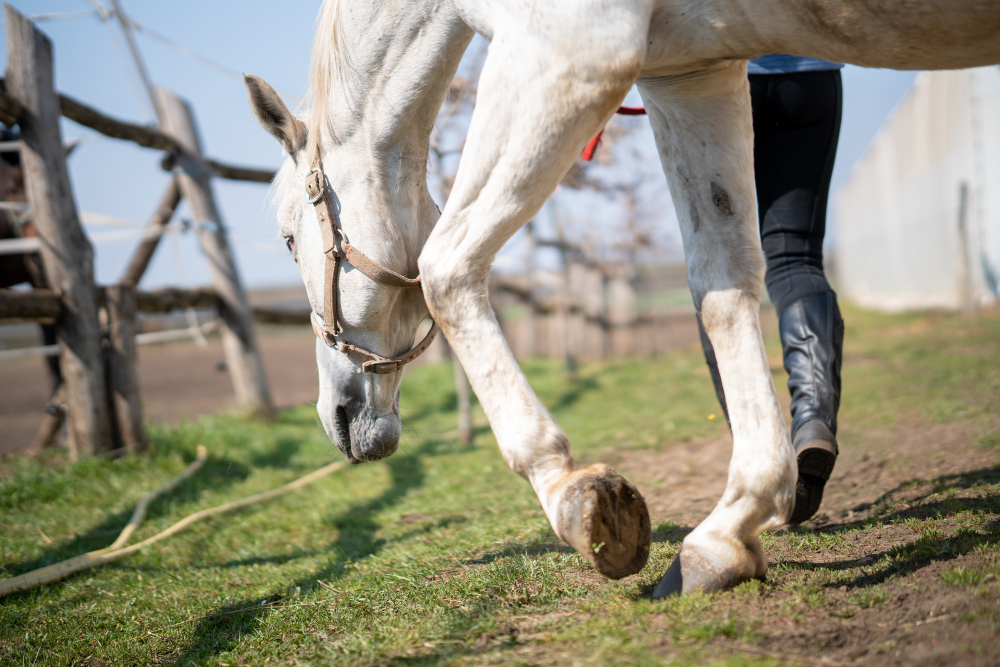
Can you ride a horse ...

Why are Corriente saddles so ...
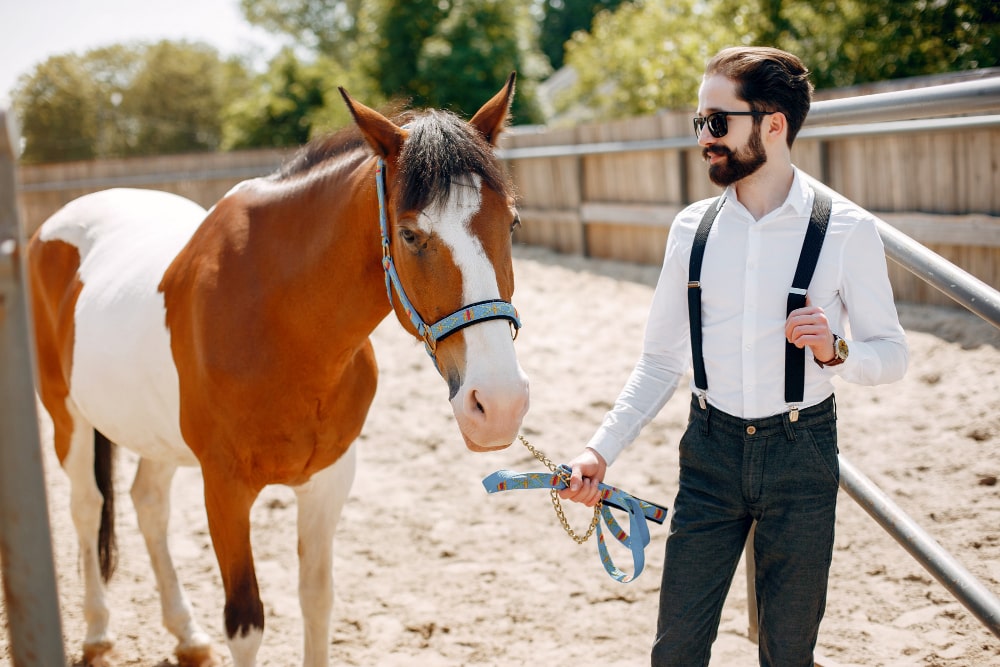
Pros and cons of equine ...
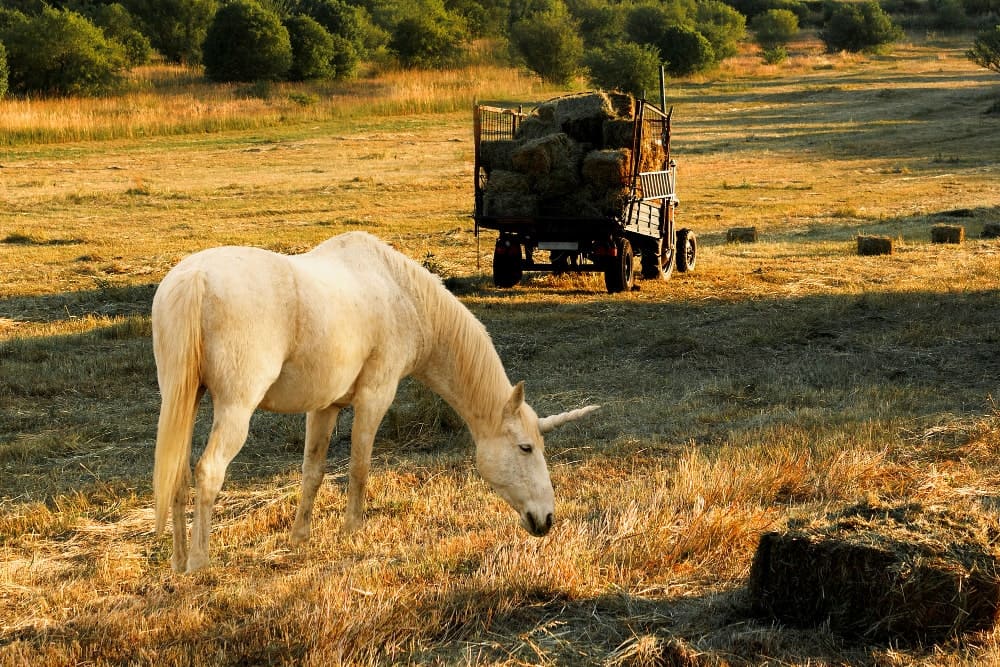
How Long After Mowing Can ...

How to Care for a ...
.jpg)
Why Do Horses Wear Blinders: ...
.jpg)
How to fit an exercise ...

Why is my horse bucking ...
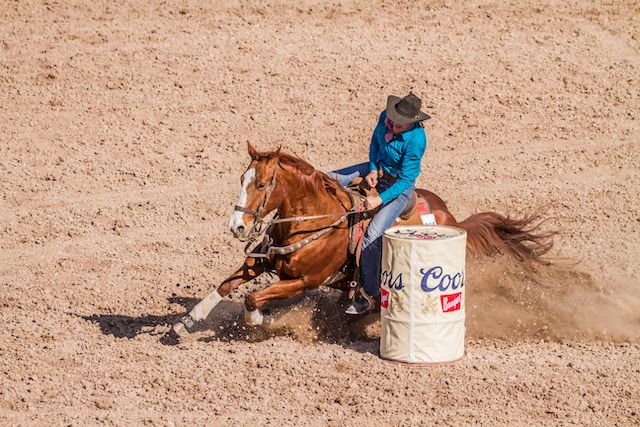
What causes a horse to ...
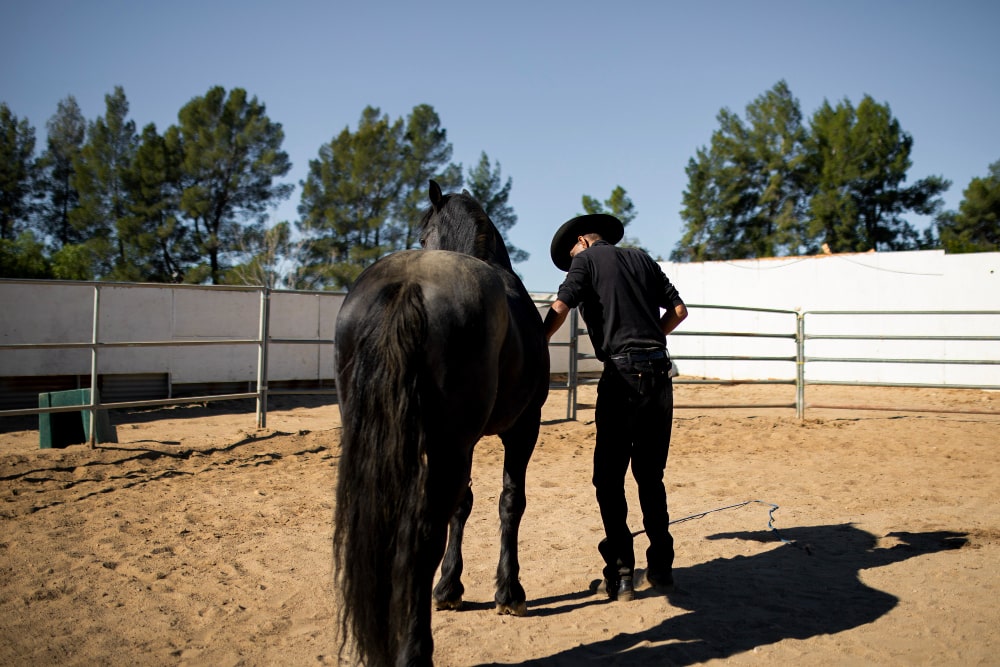
How to Stop a Horse ...
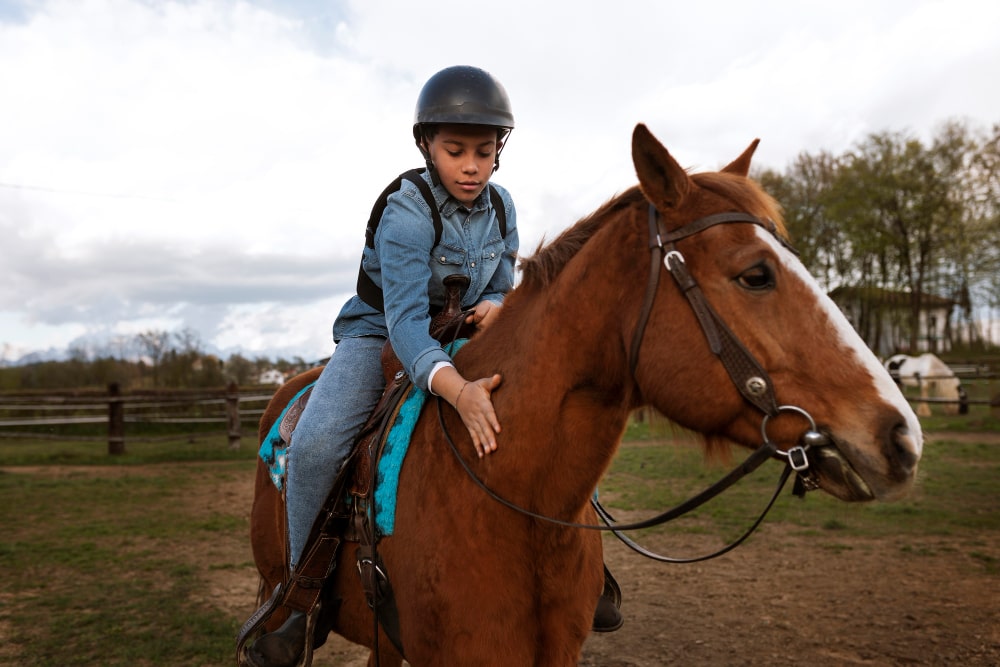
Why Is My Horse Bunny ...
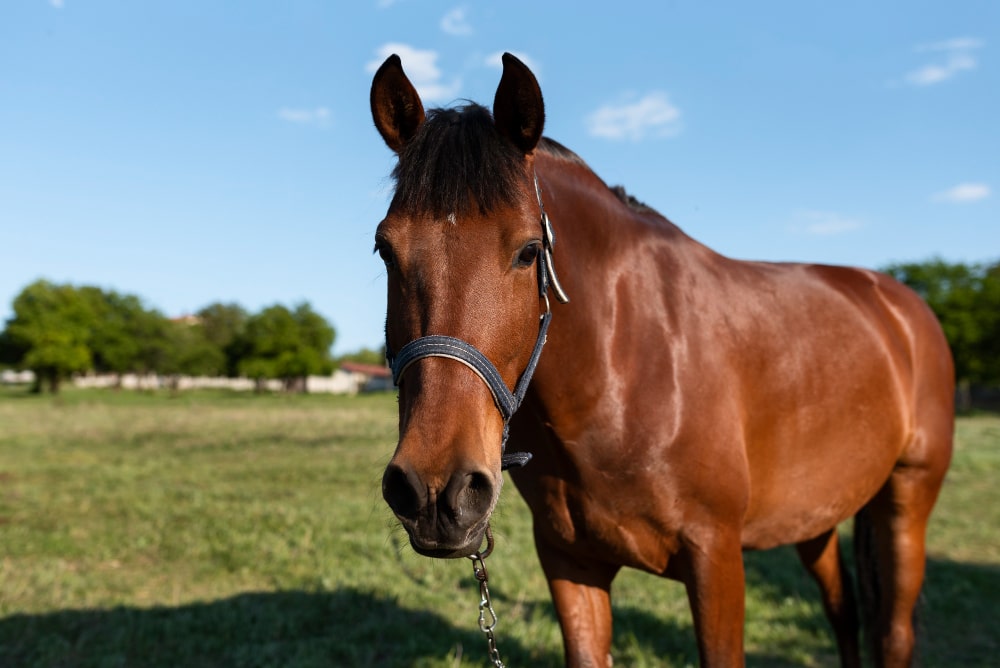
How To Improve Pasture For ...
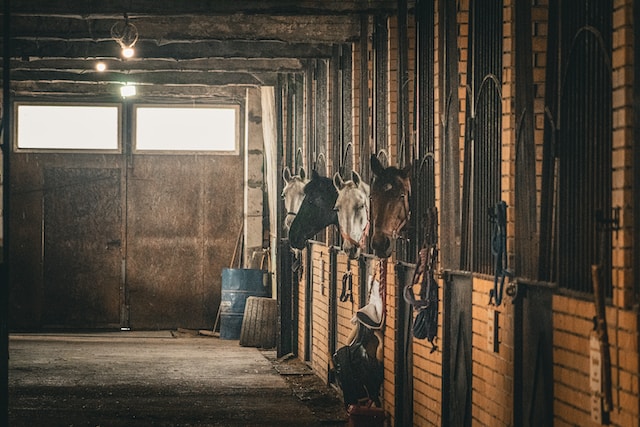
How to get the smell ...

Can you add ramp to ...

What Is The Temperament Of ...
.jpg)
Why Is Friesian Horse Hair ...
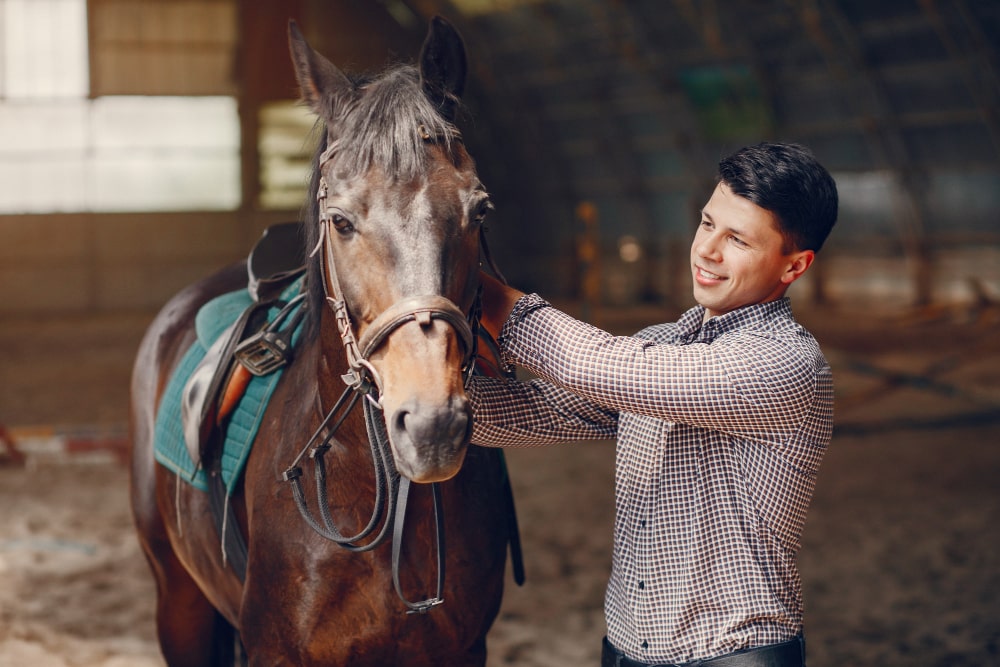
Why is my horse testing ...
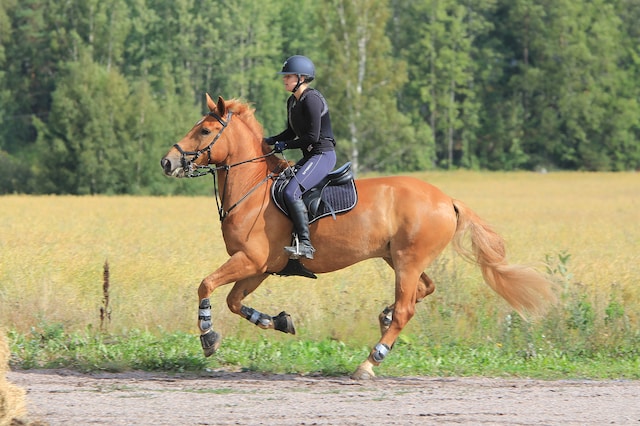
How often you should take ...
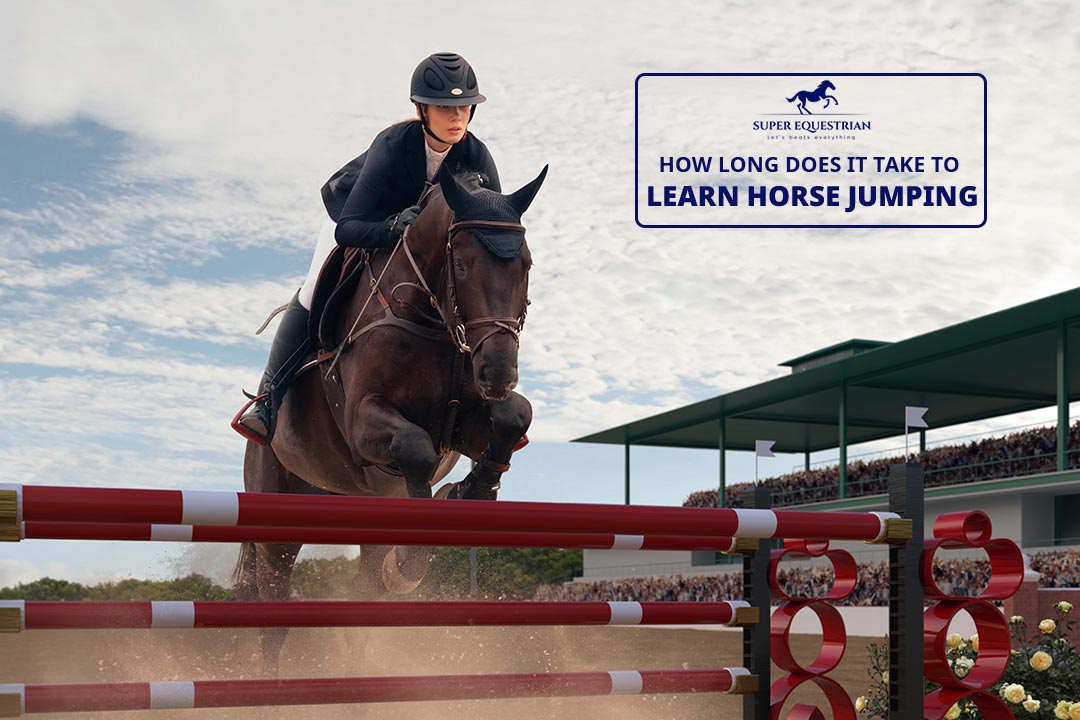
How long does it take ...
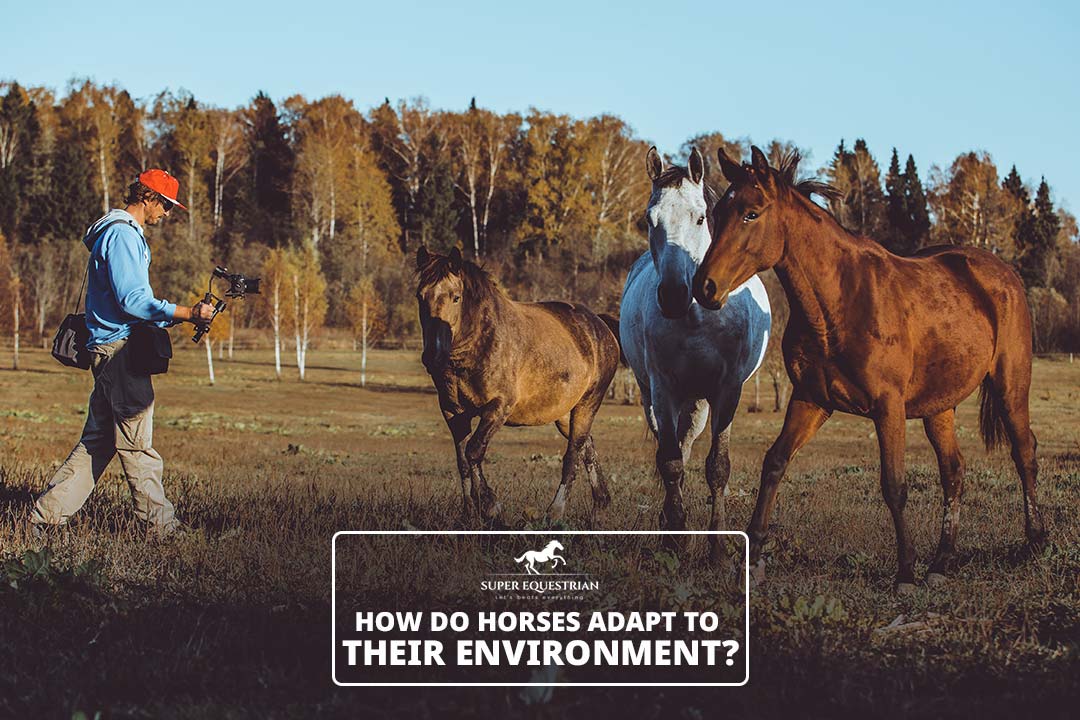
How do horses adapt to ...

How To Prepare For A ...
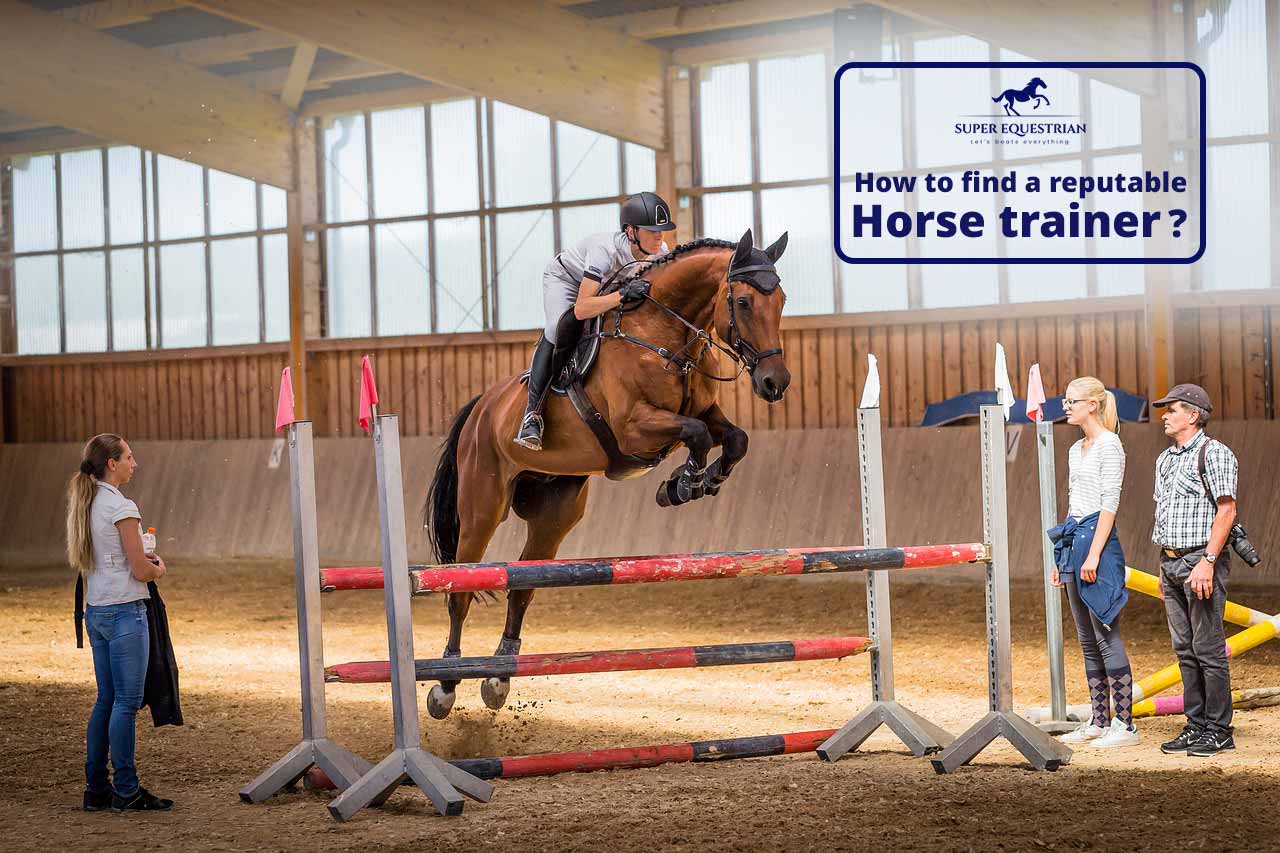
How To Find A Reputable ...
.jpg)
Do Horses Get Medals at ...

How to create a horse-...